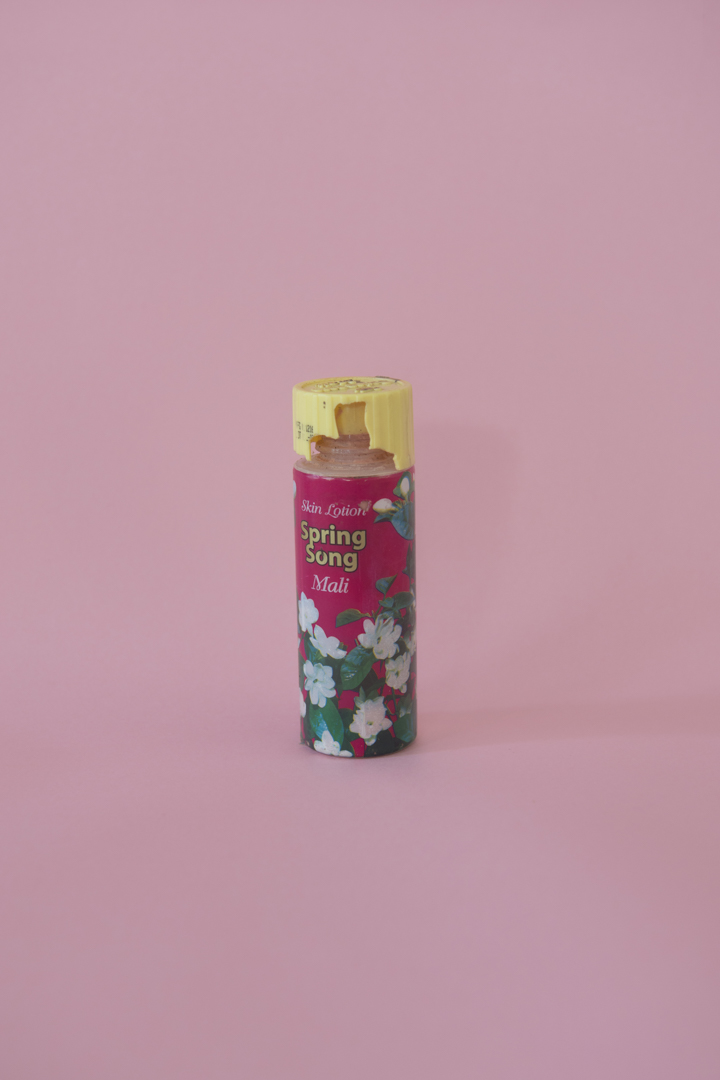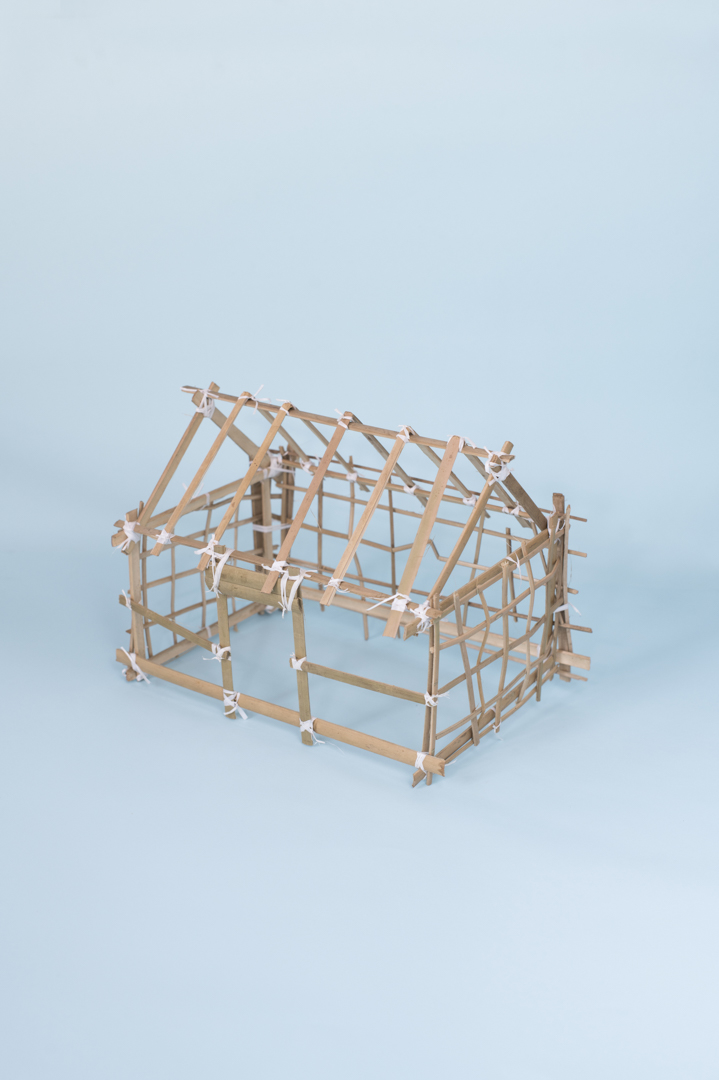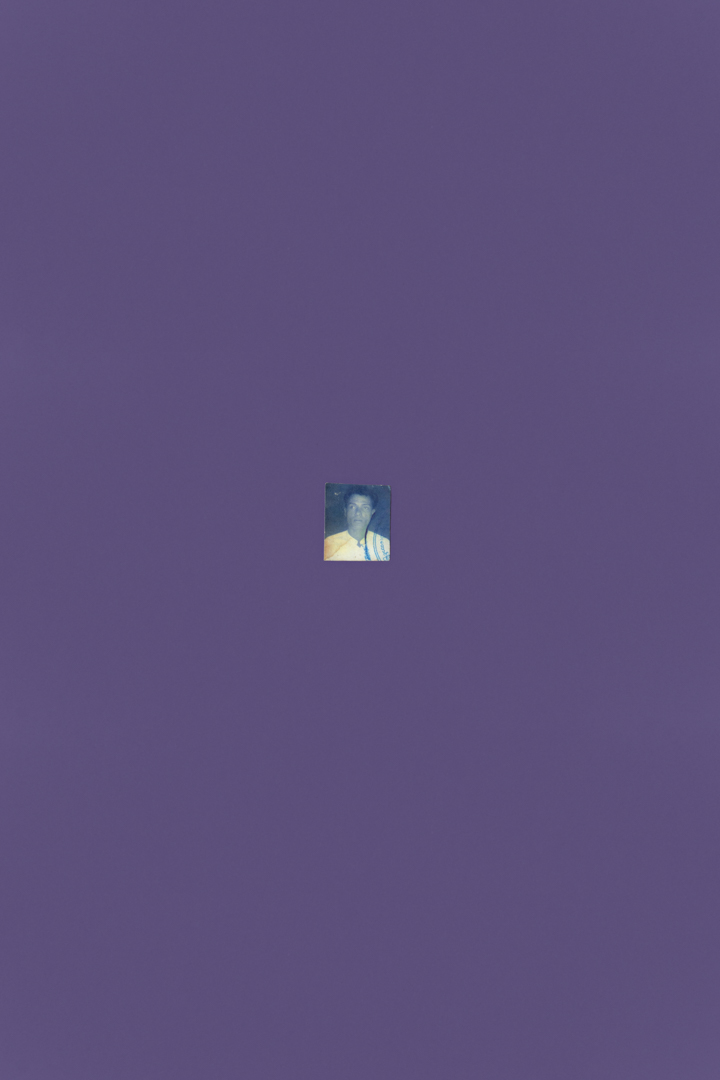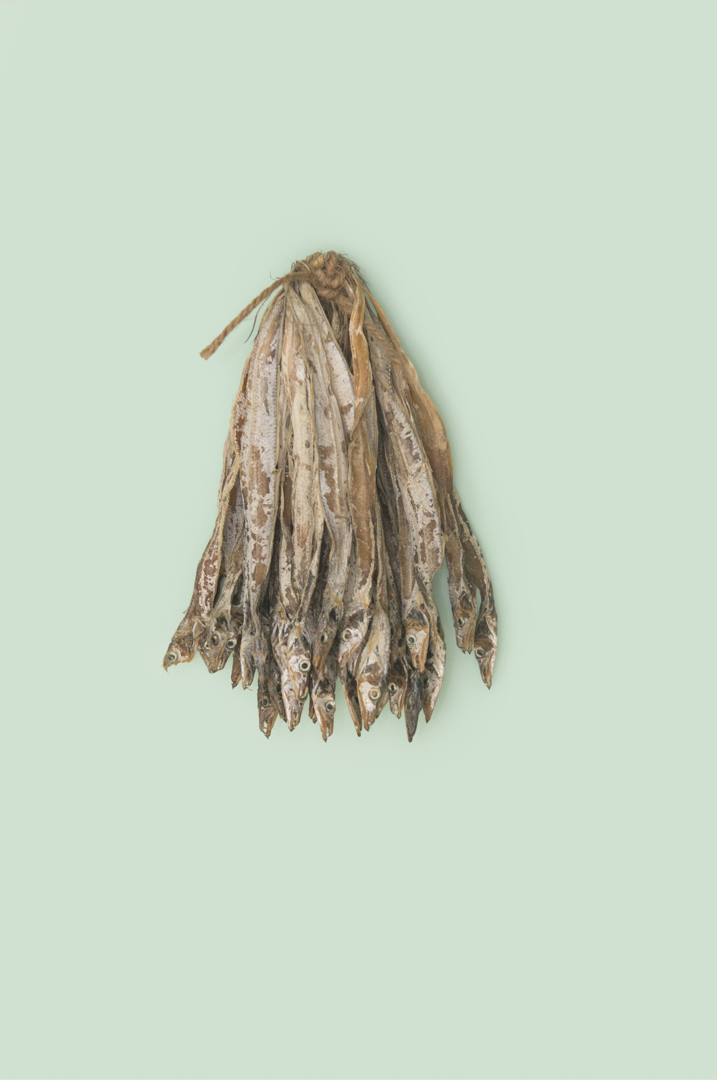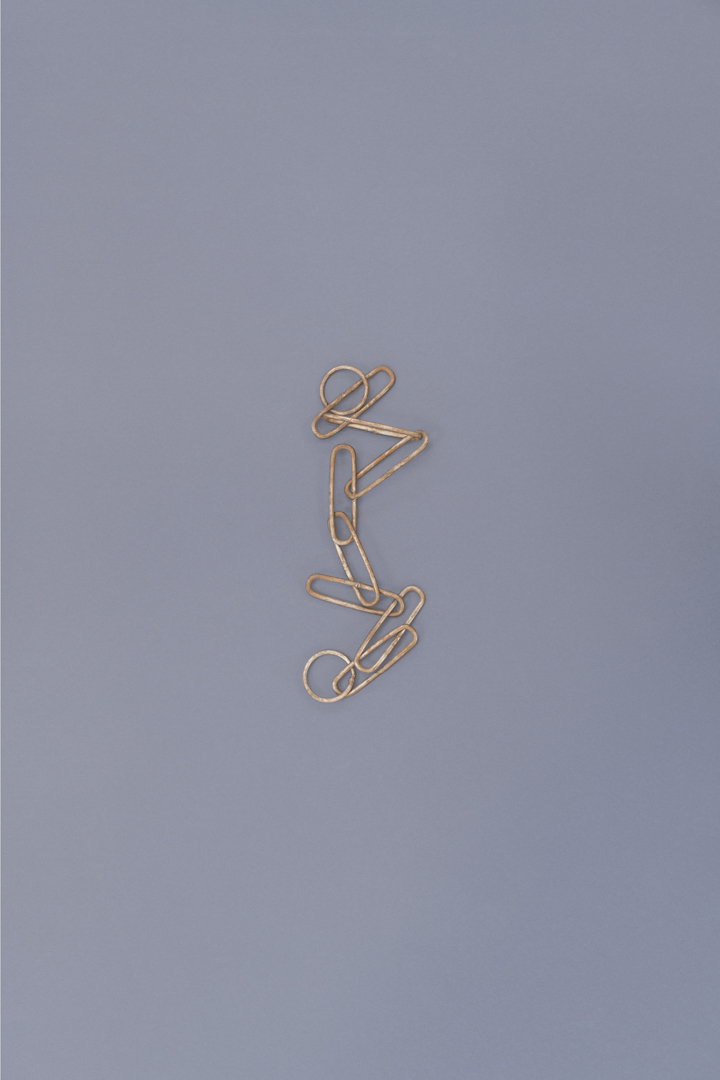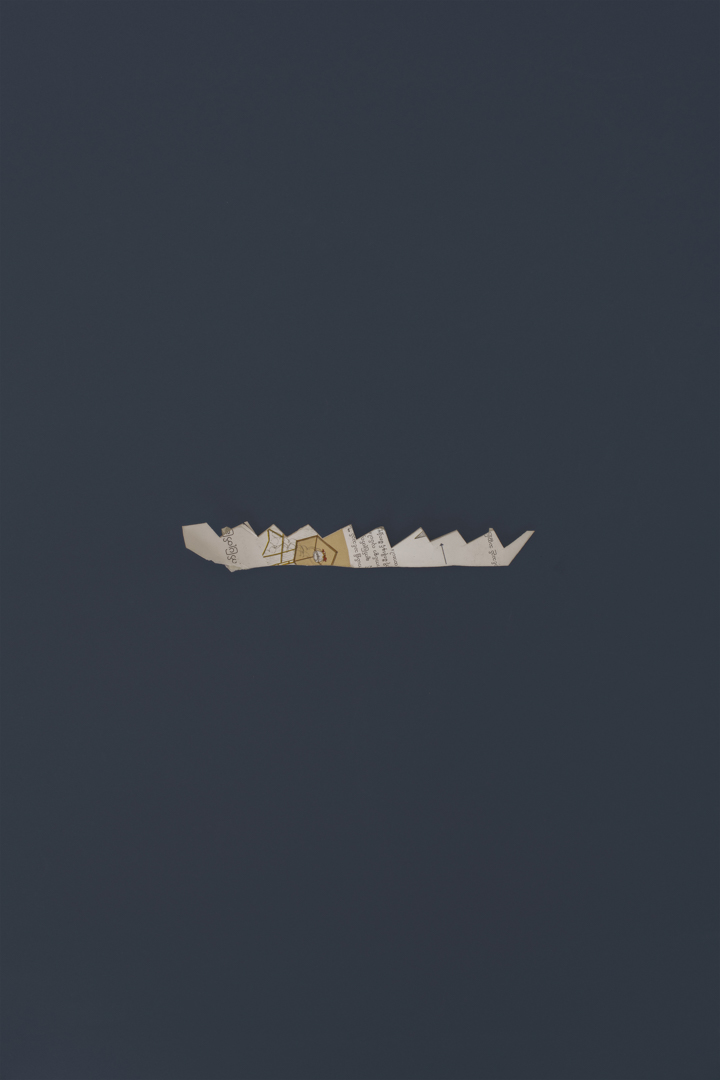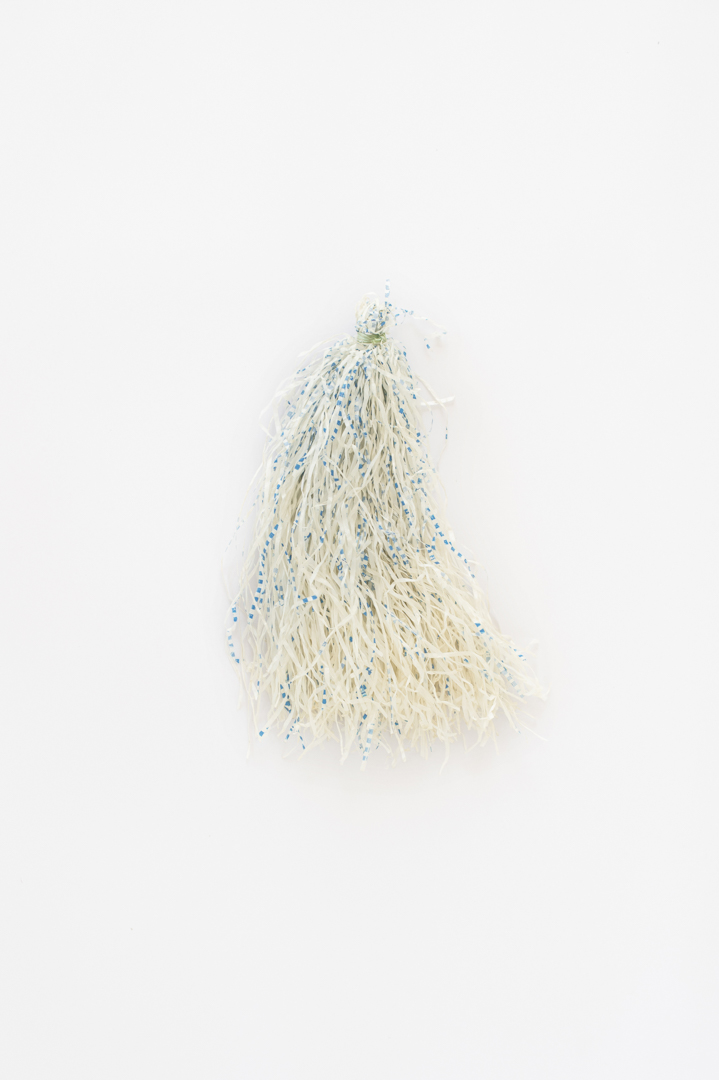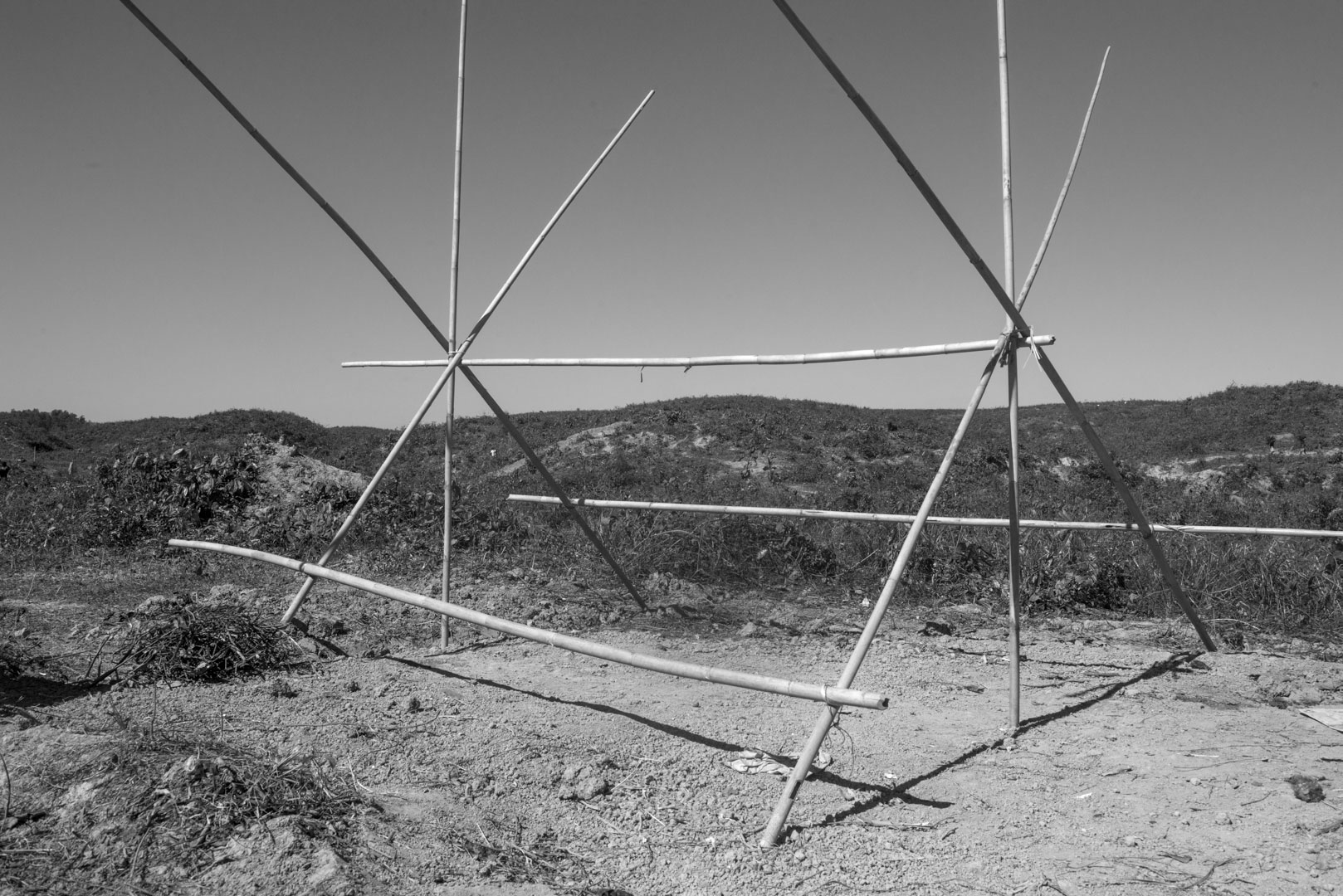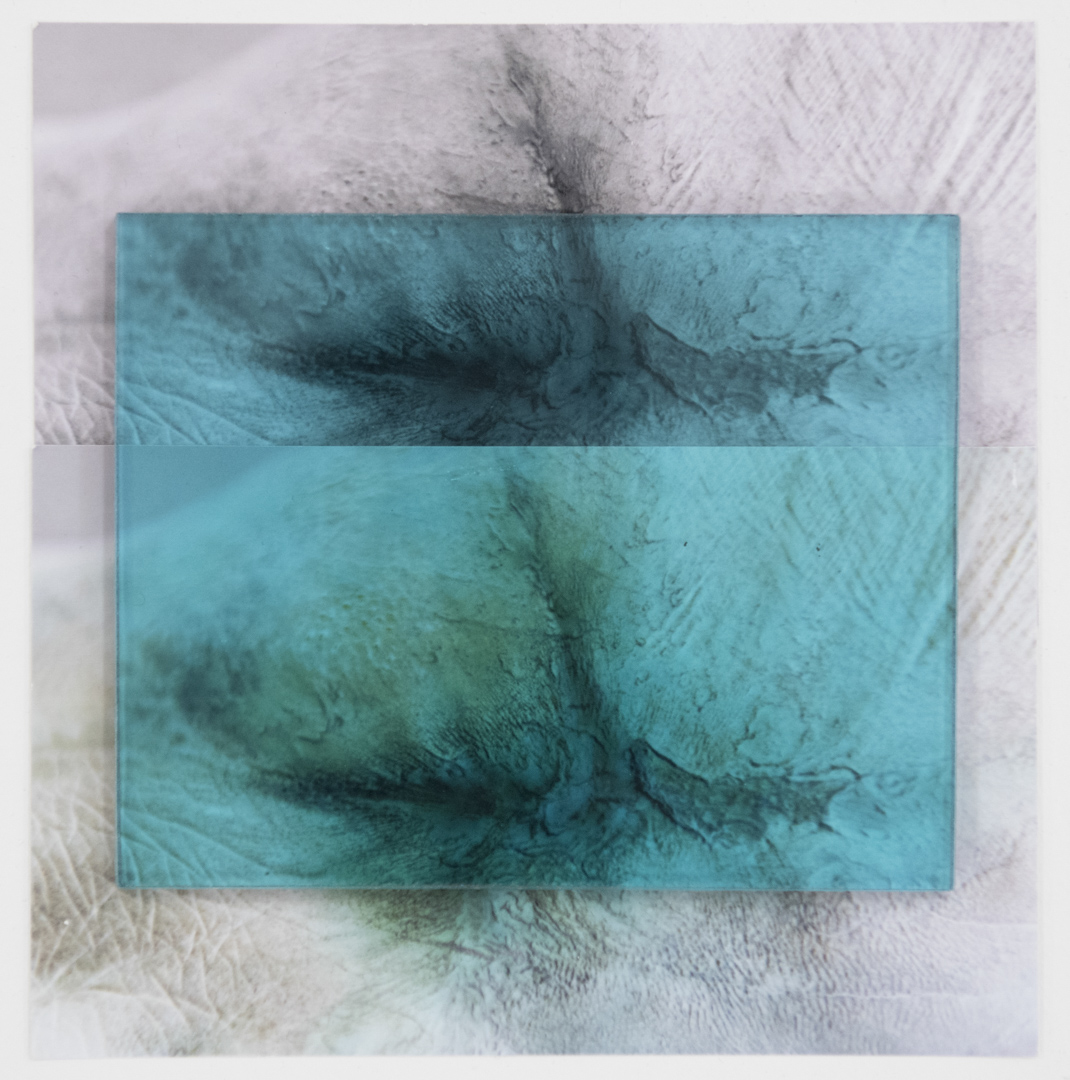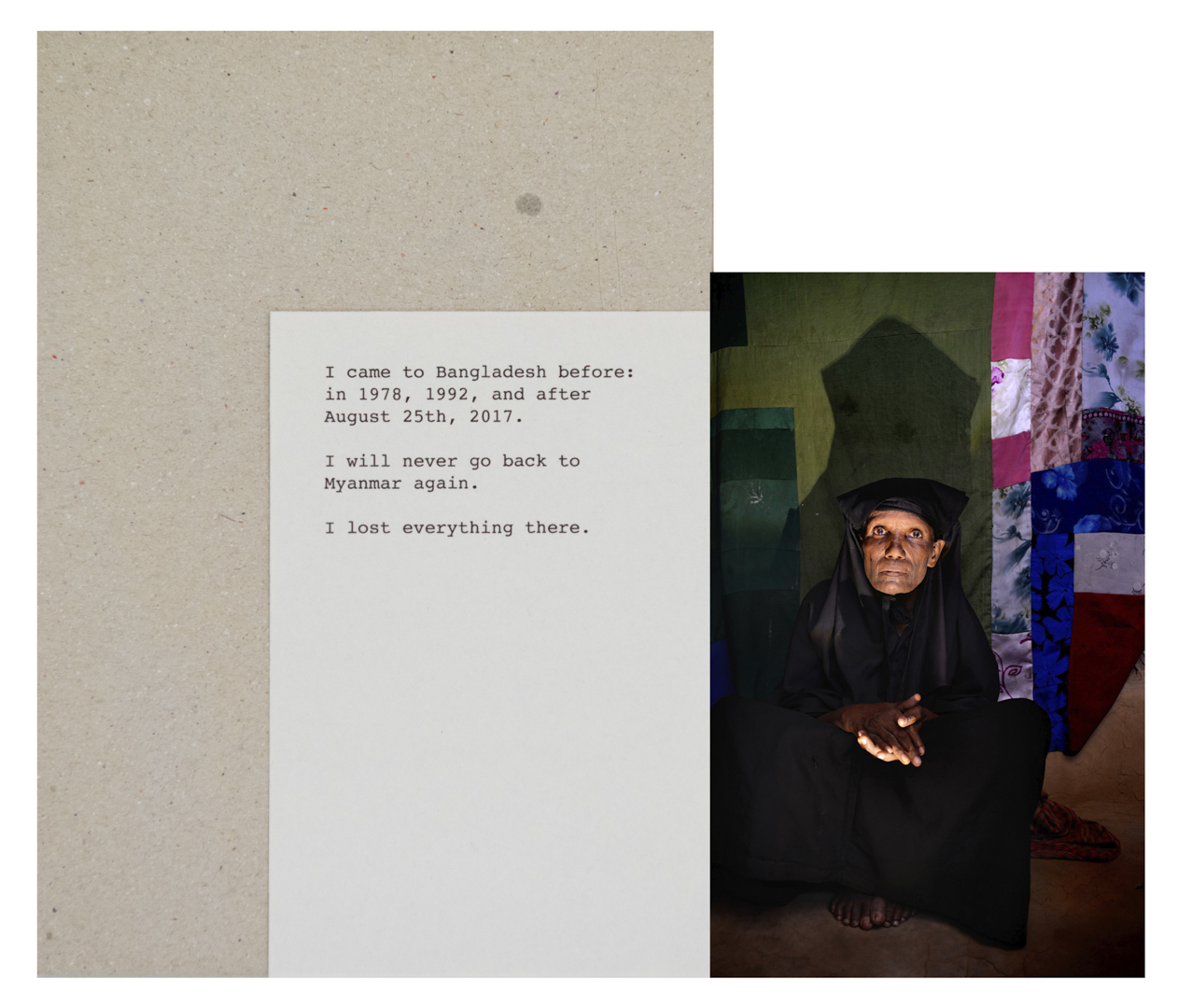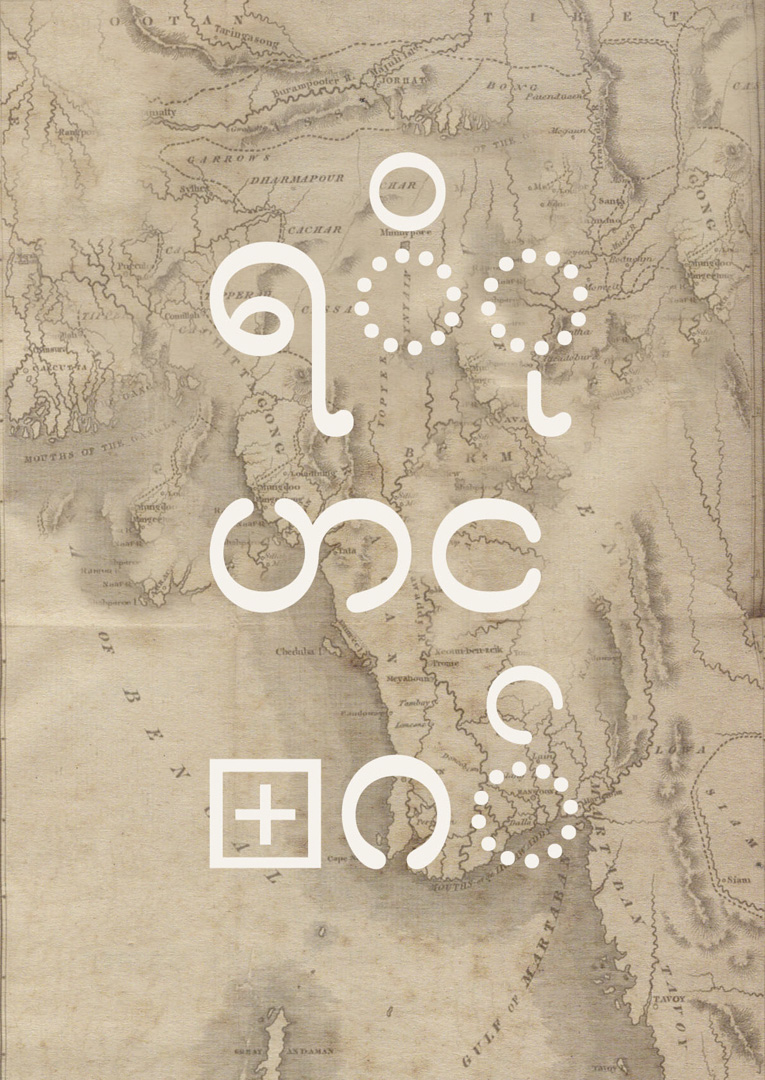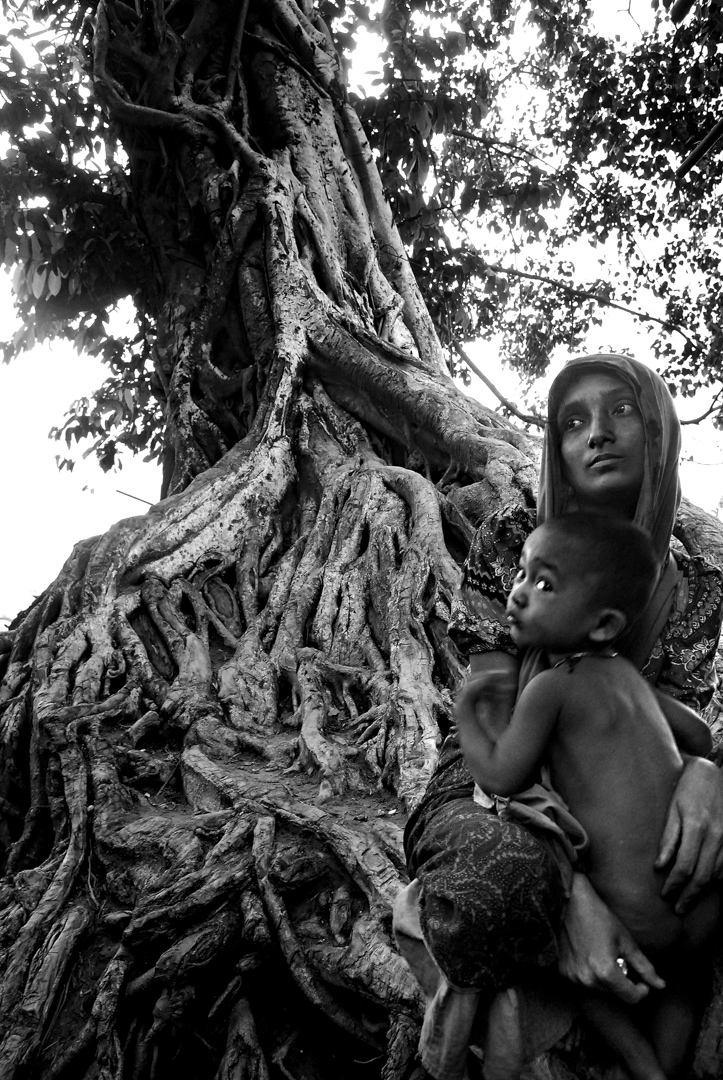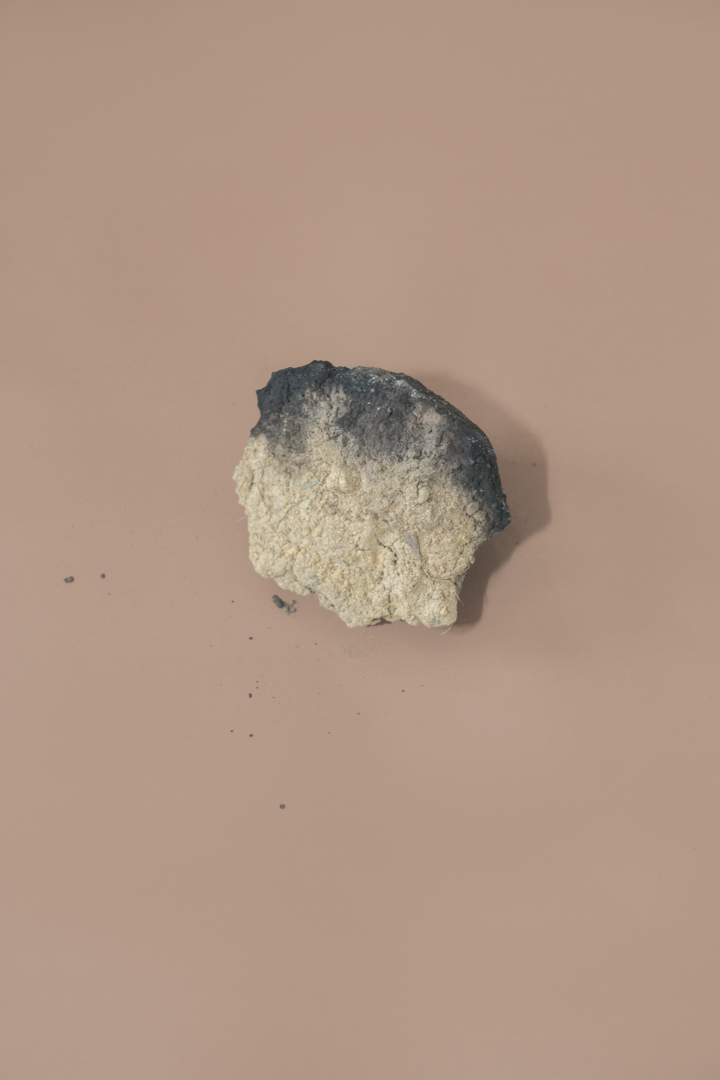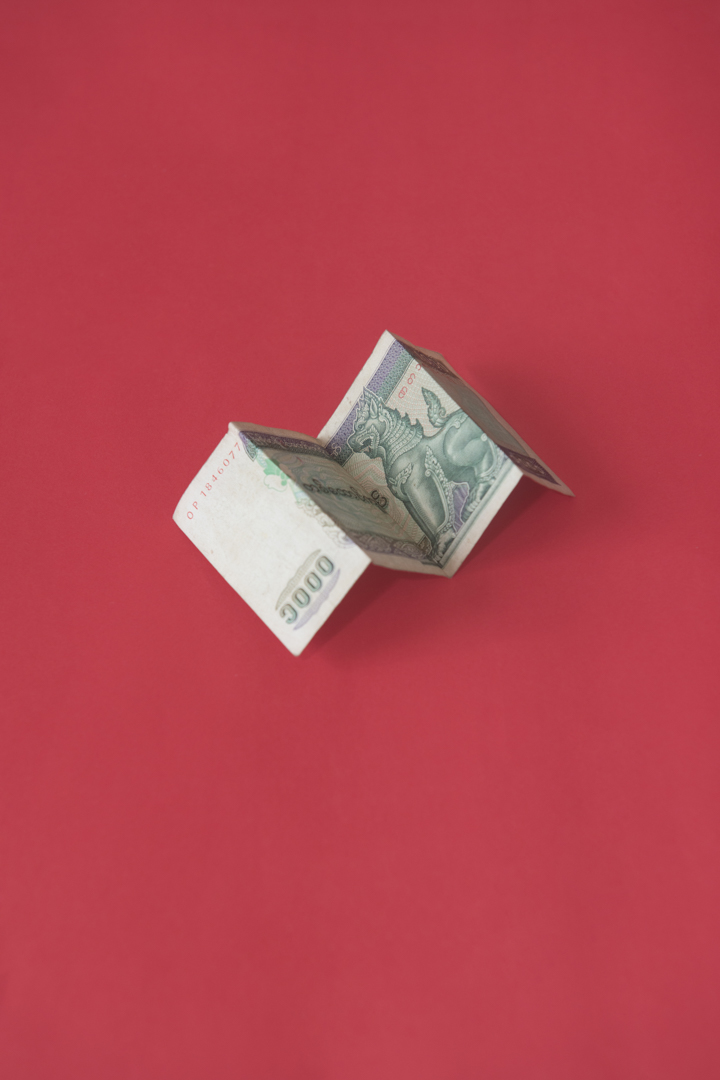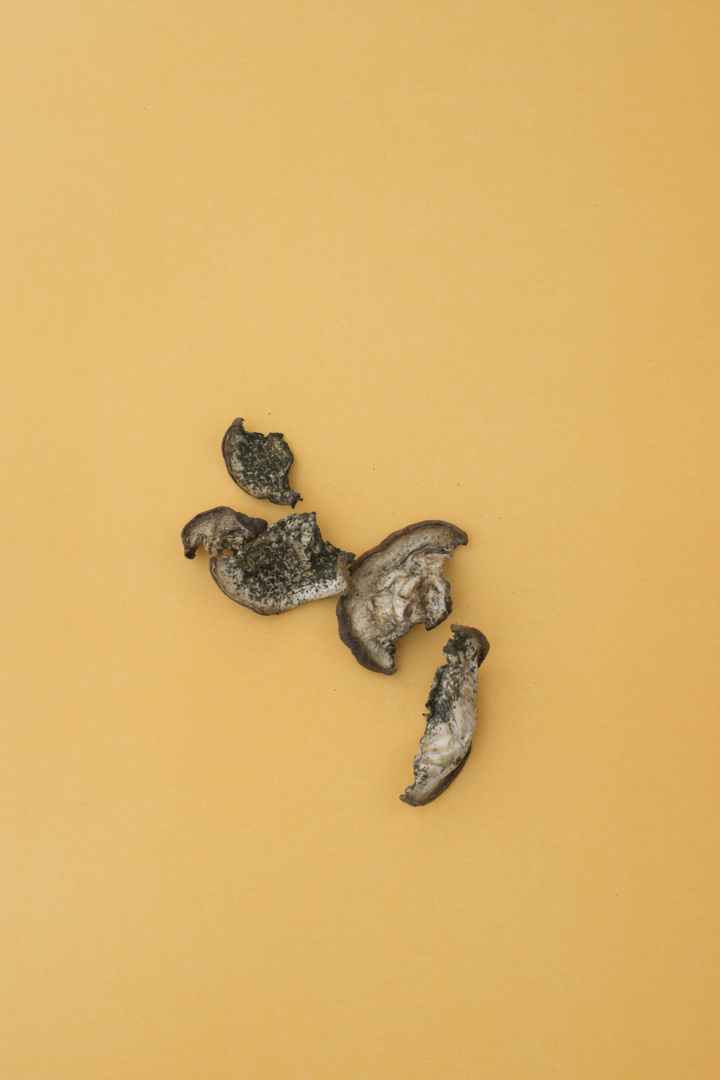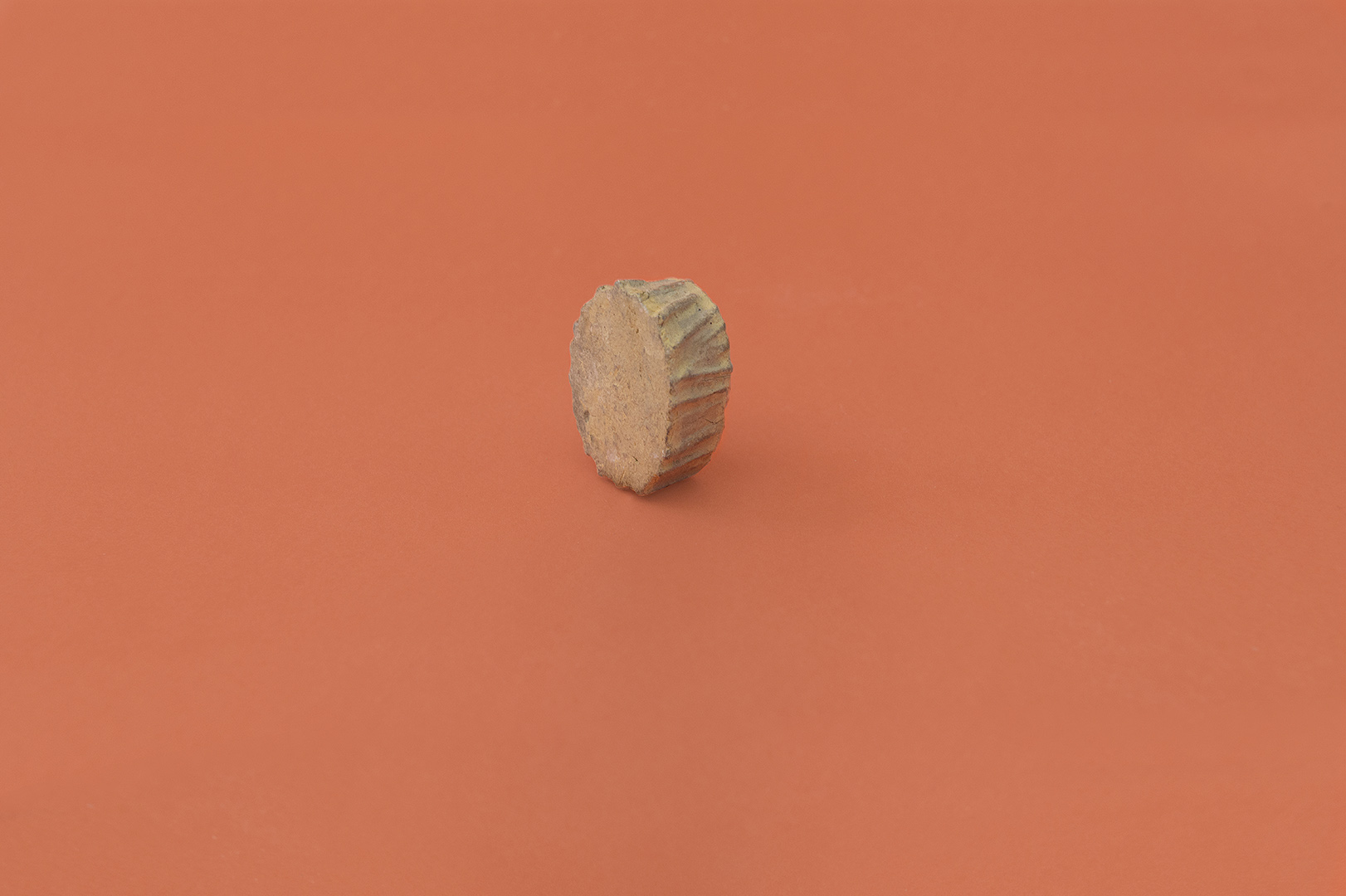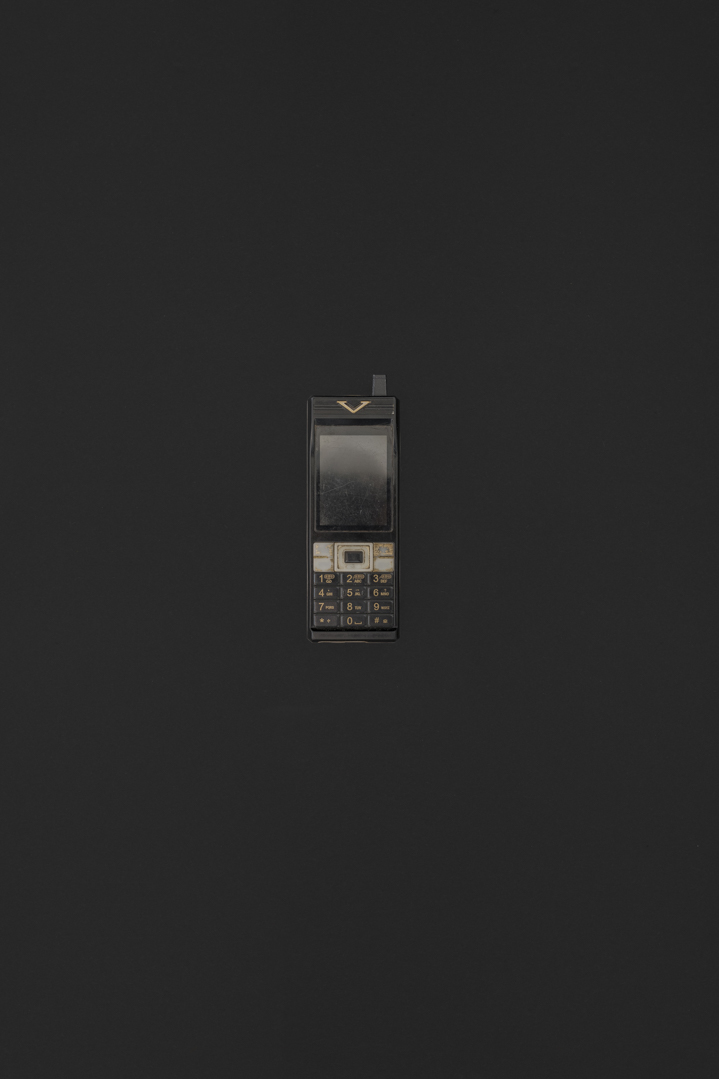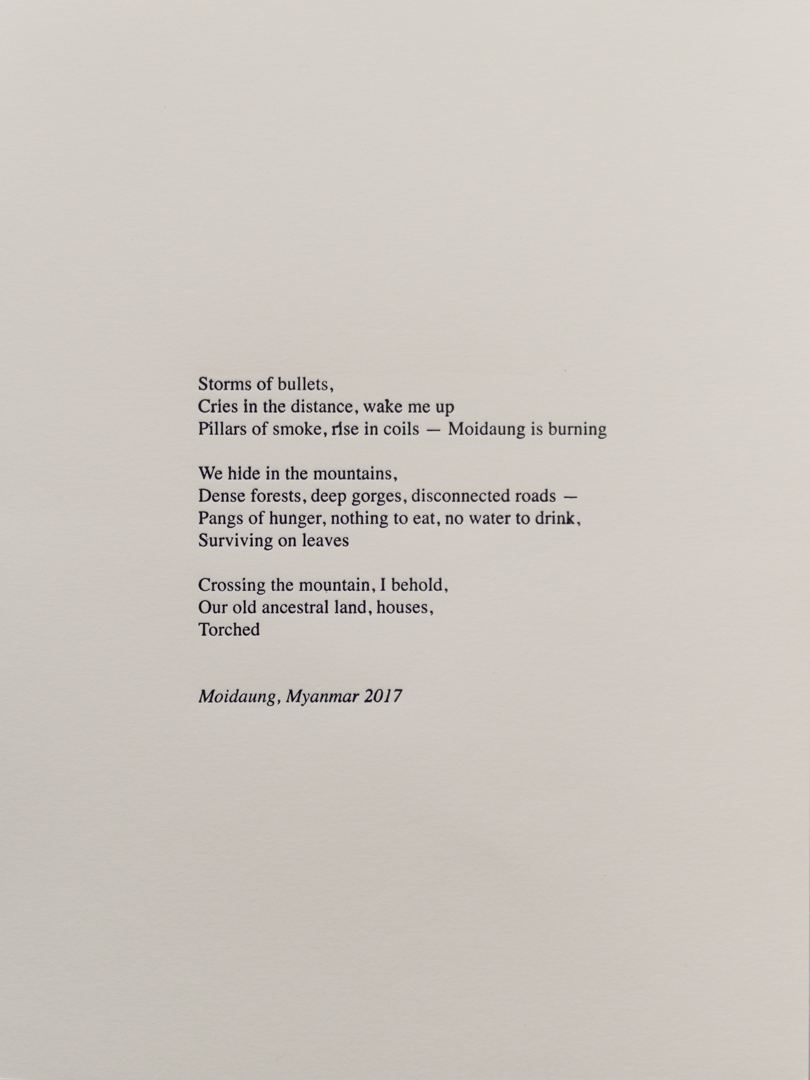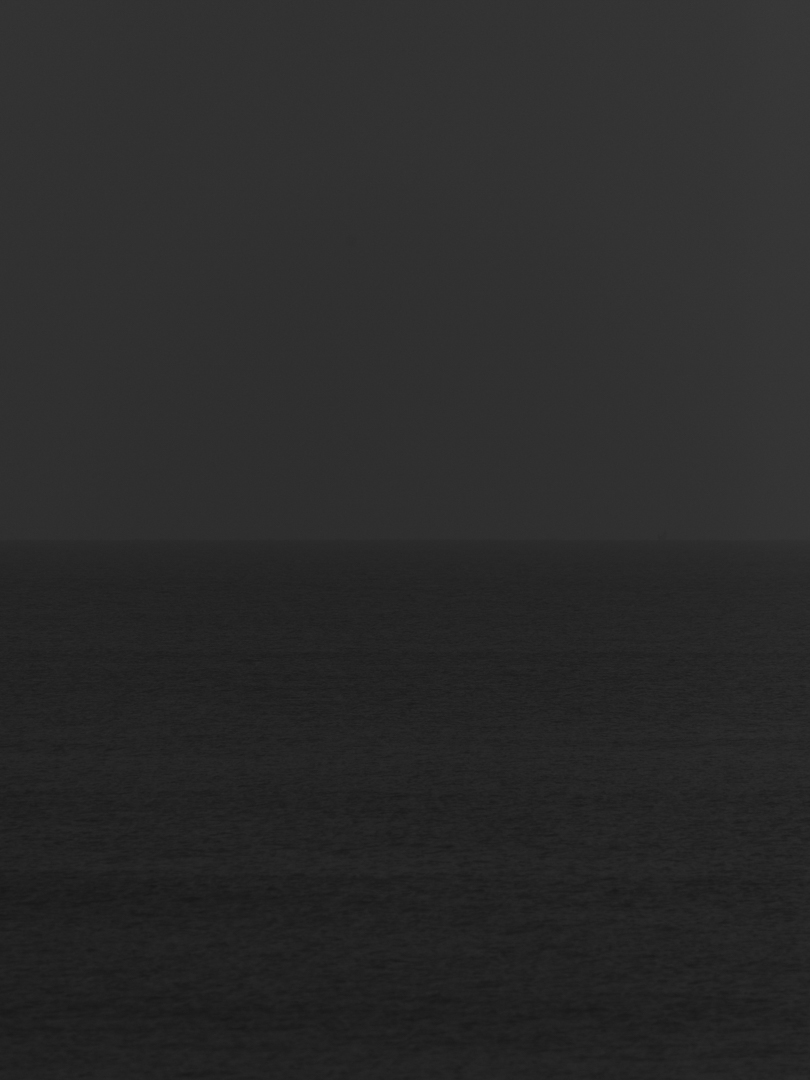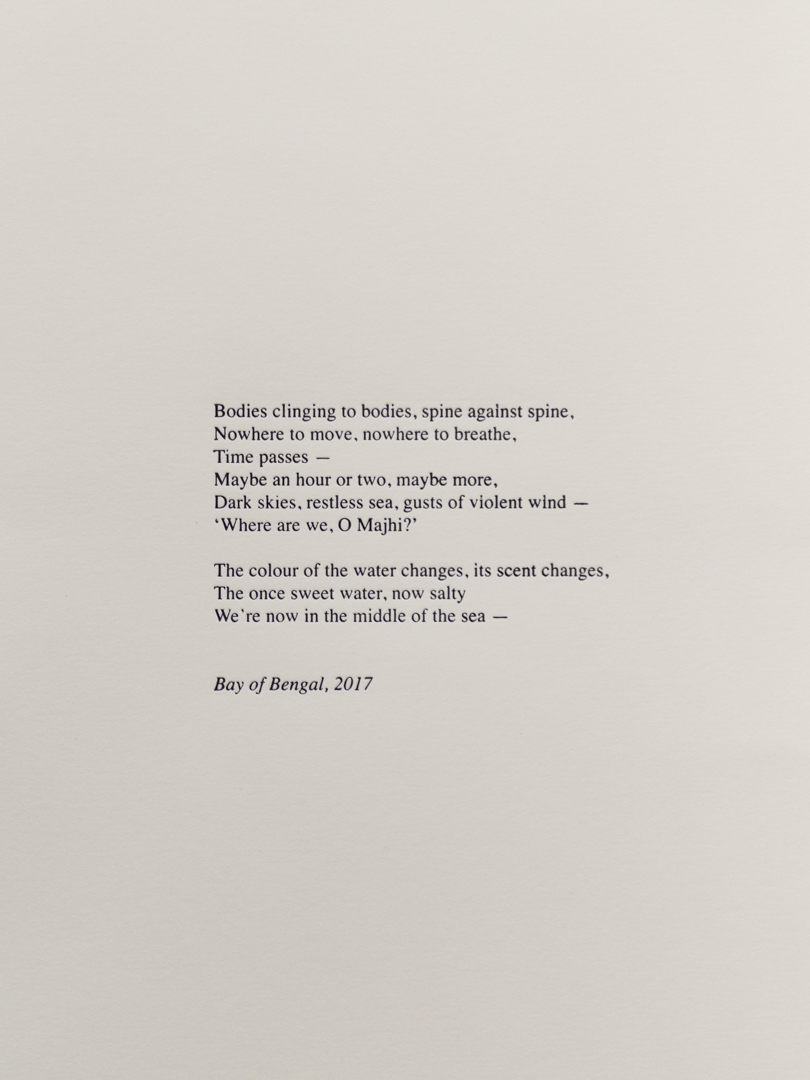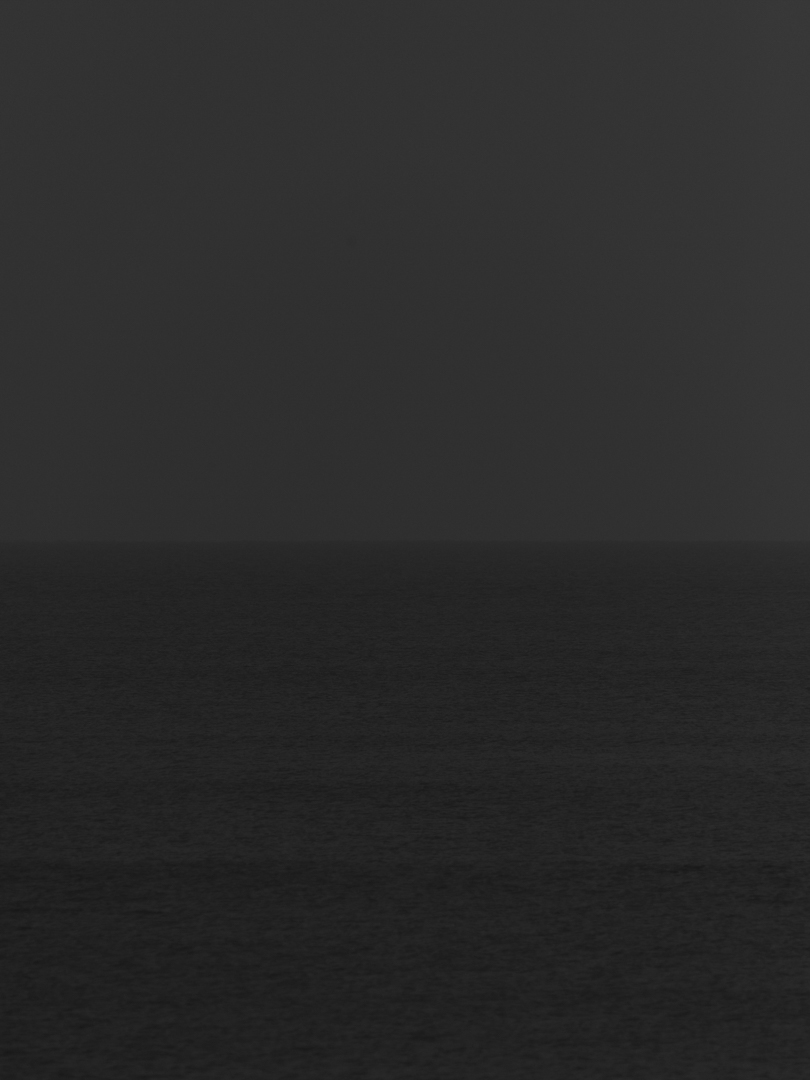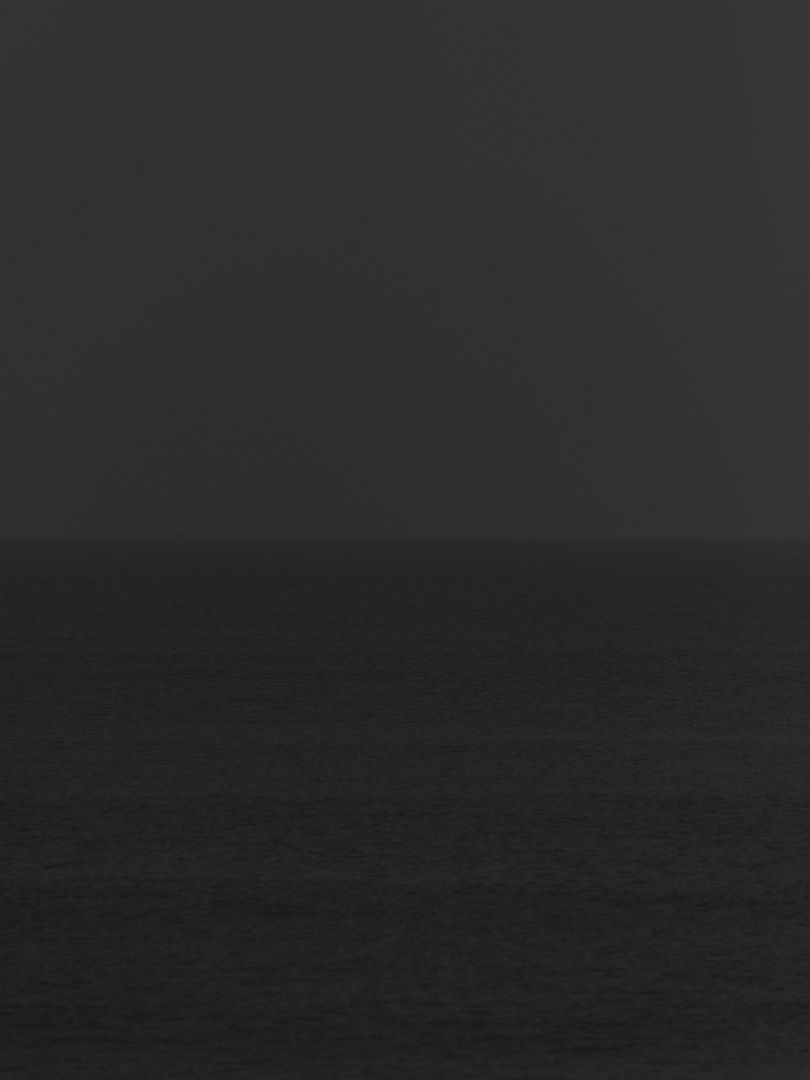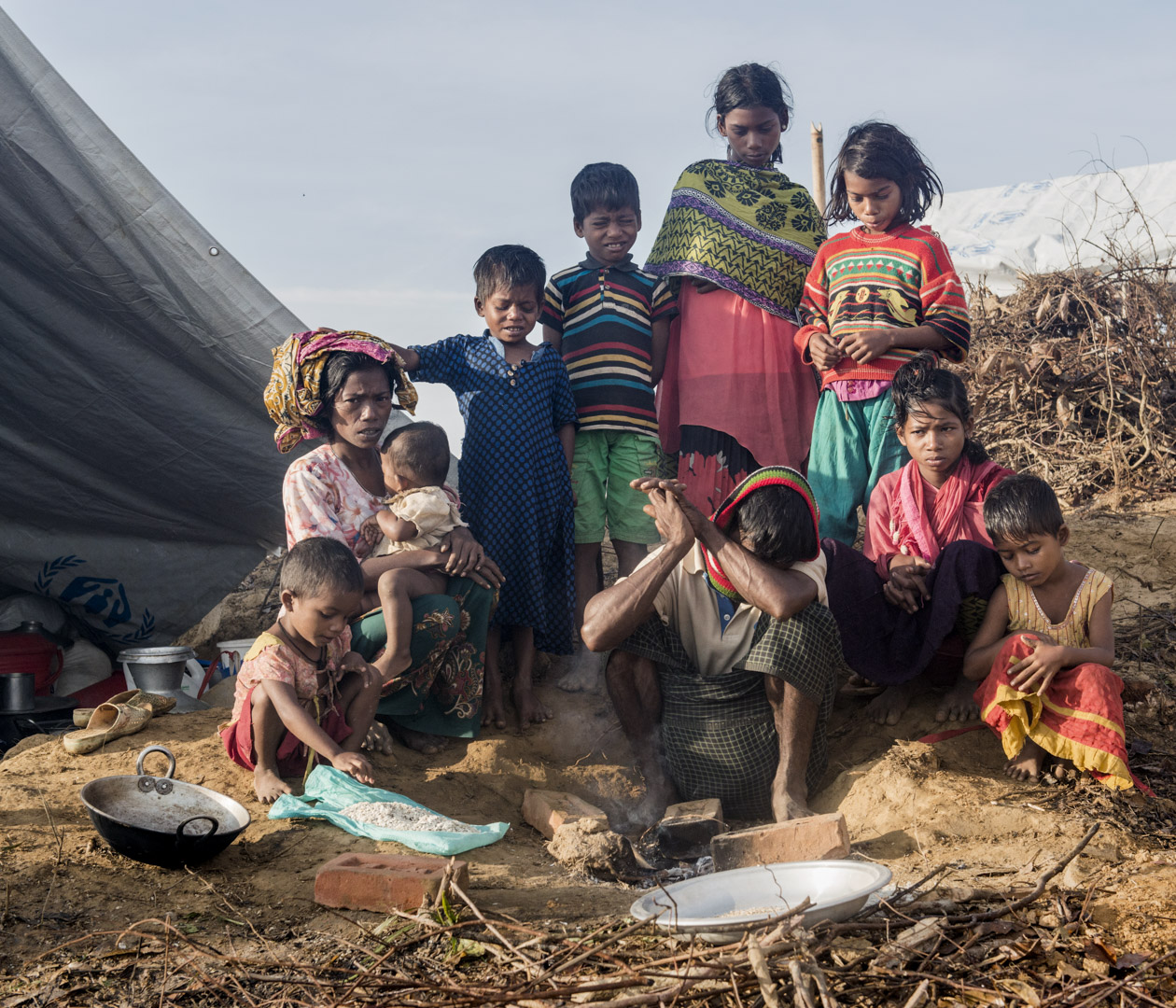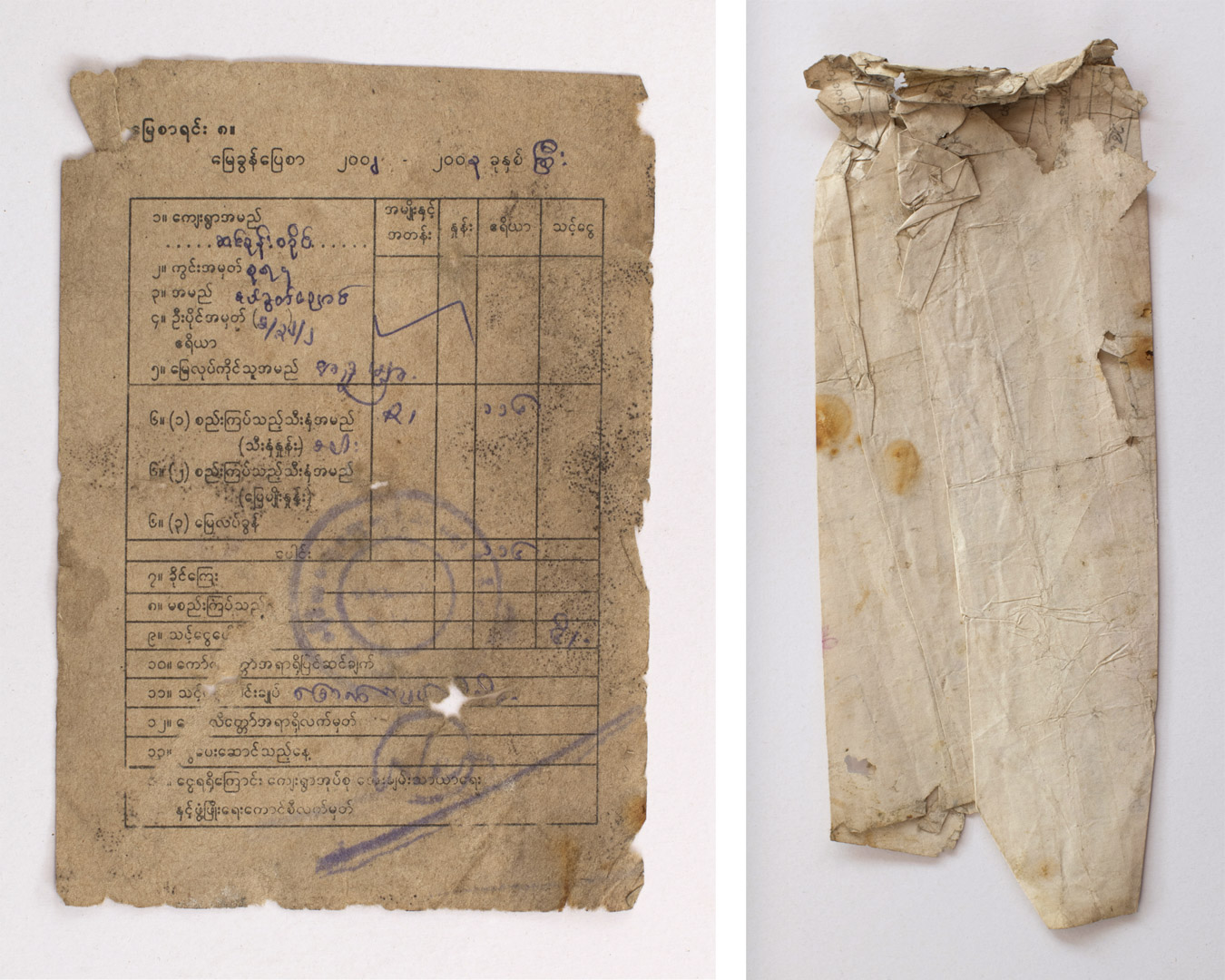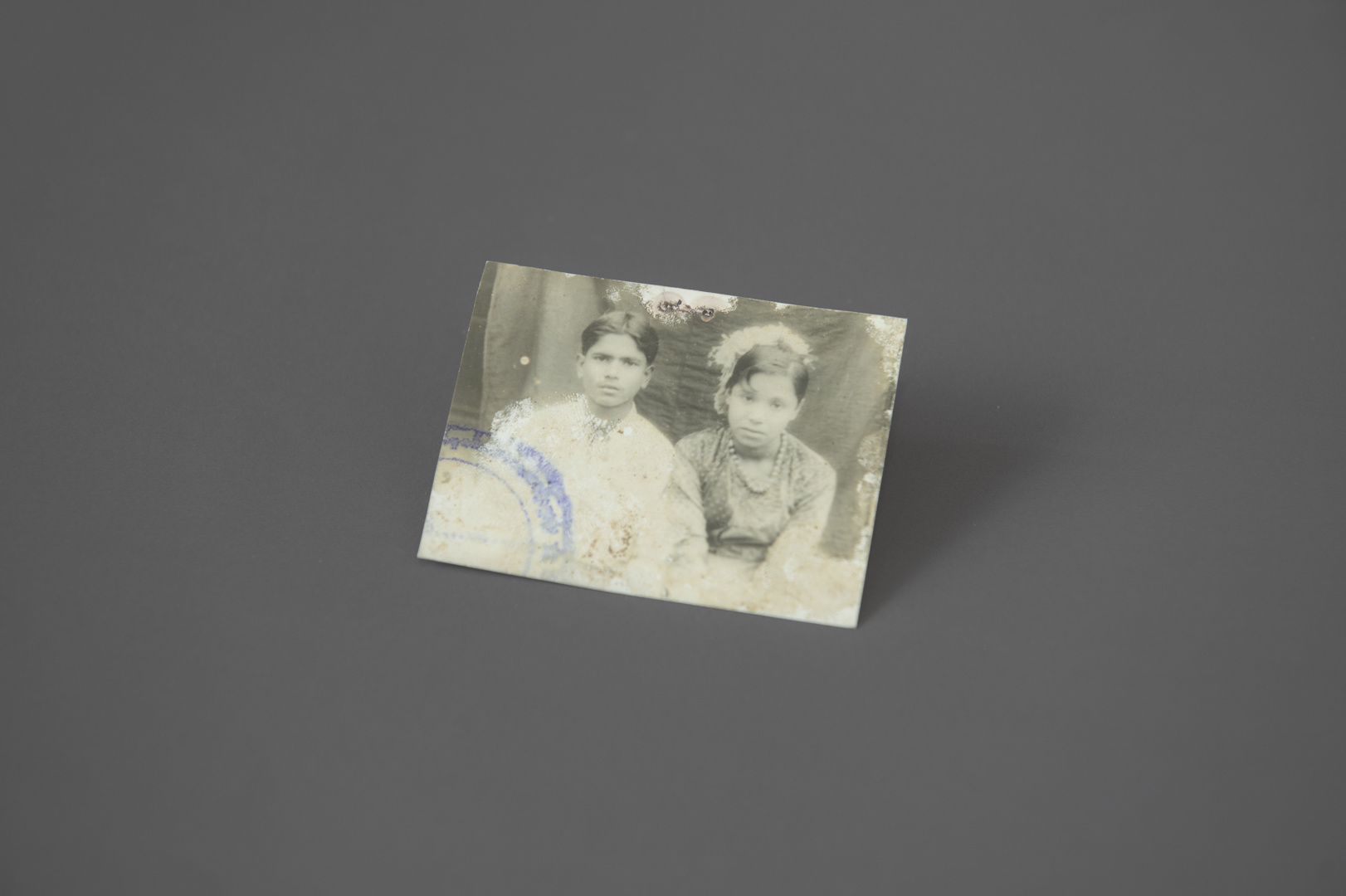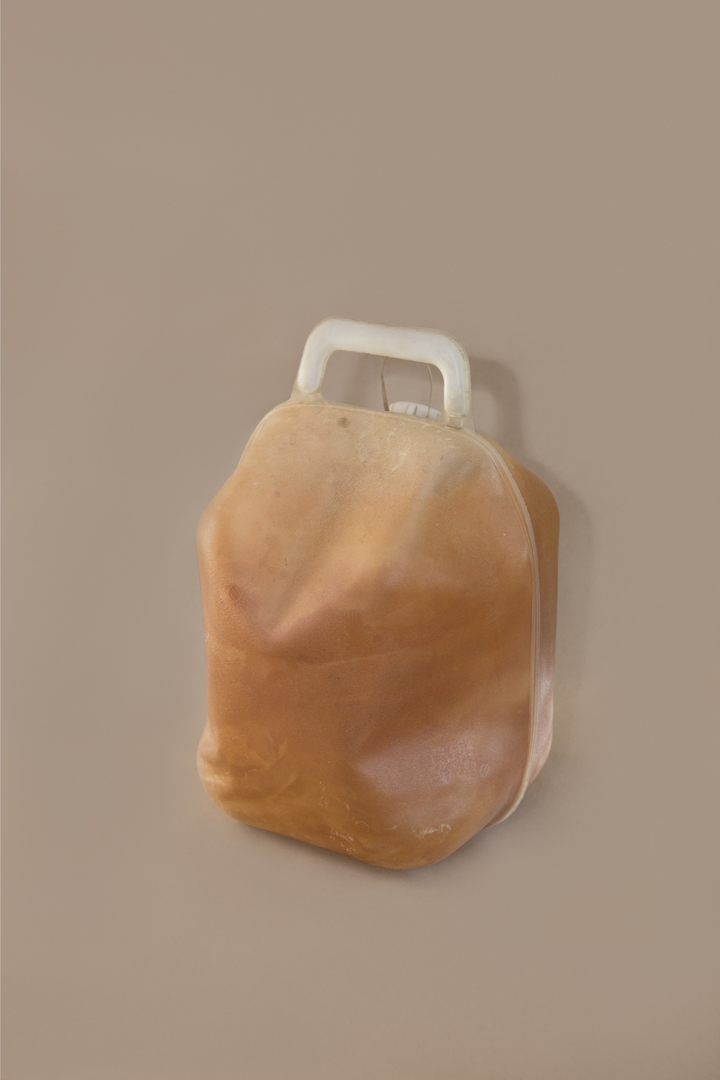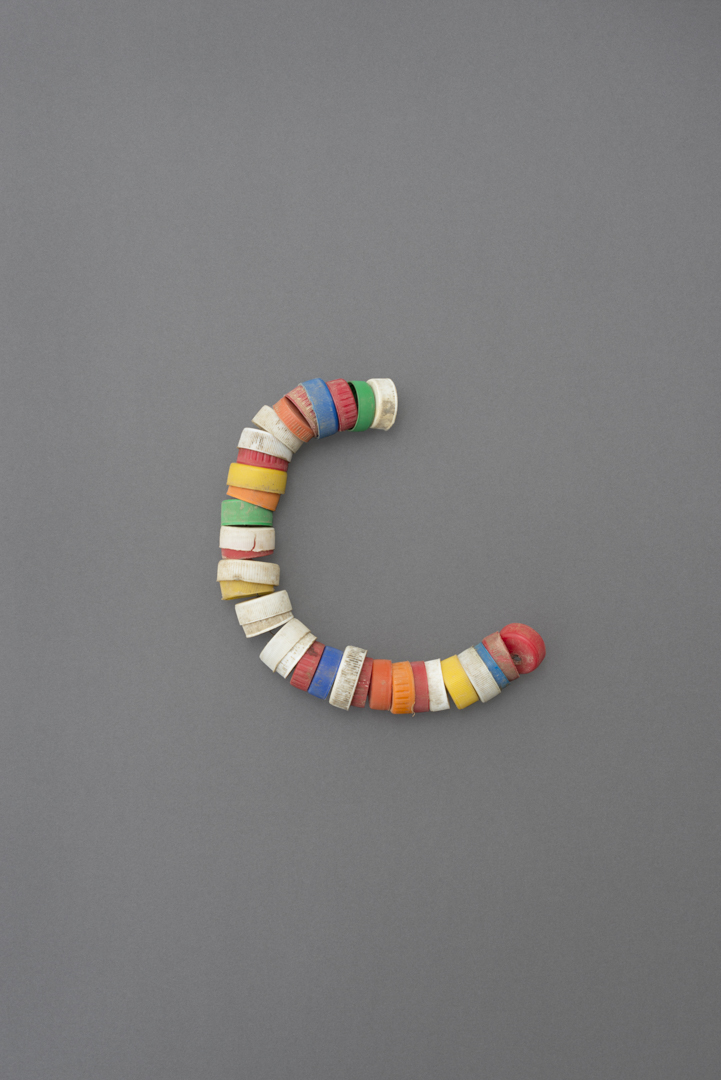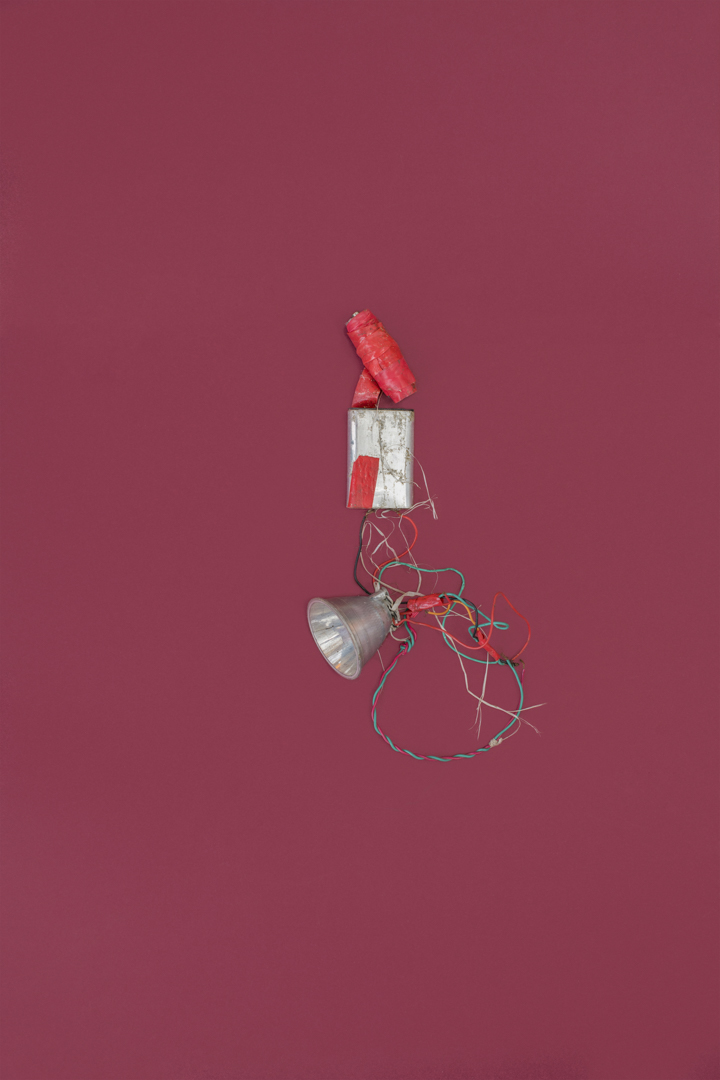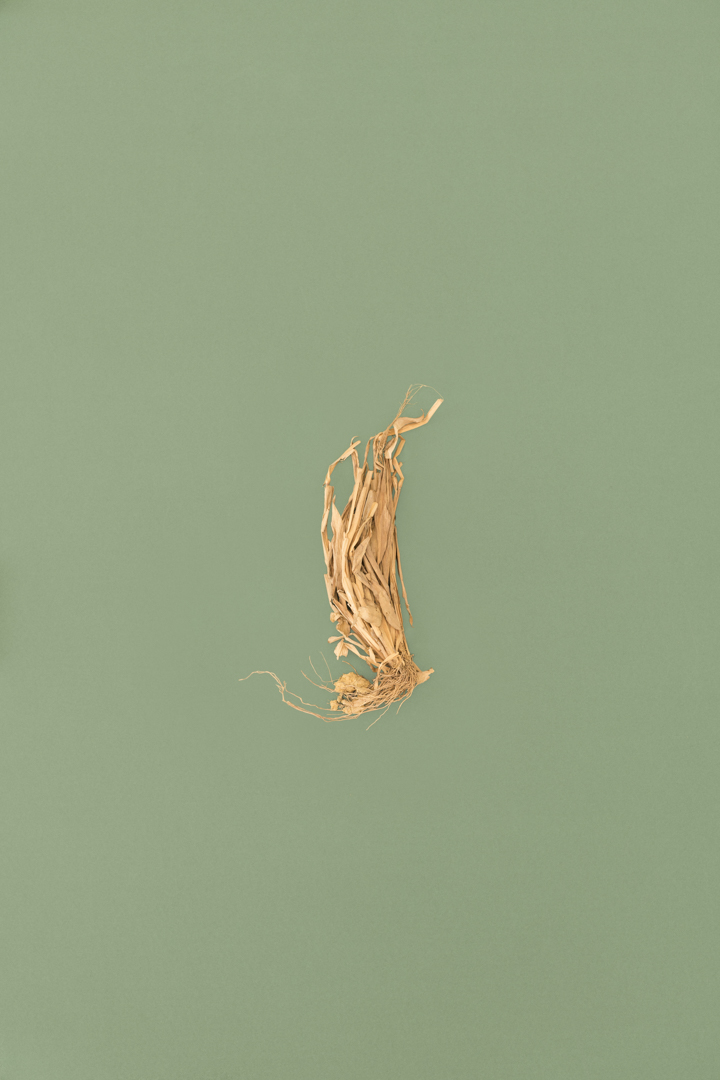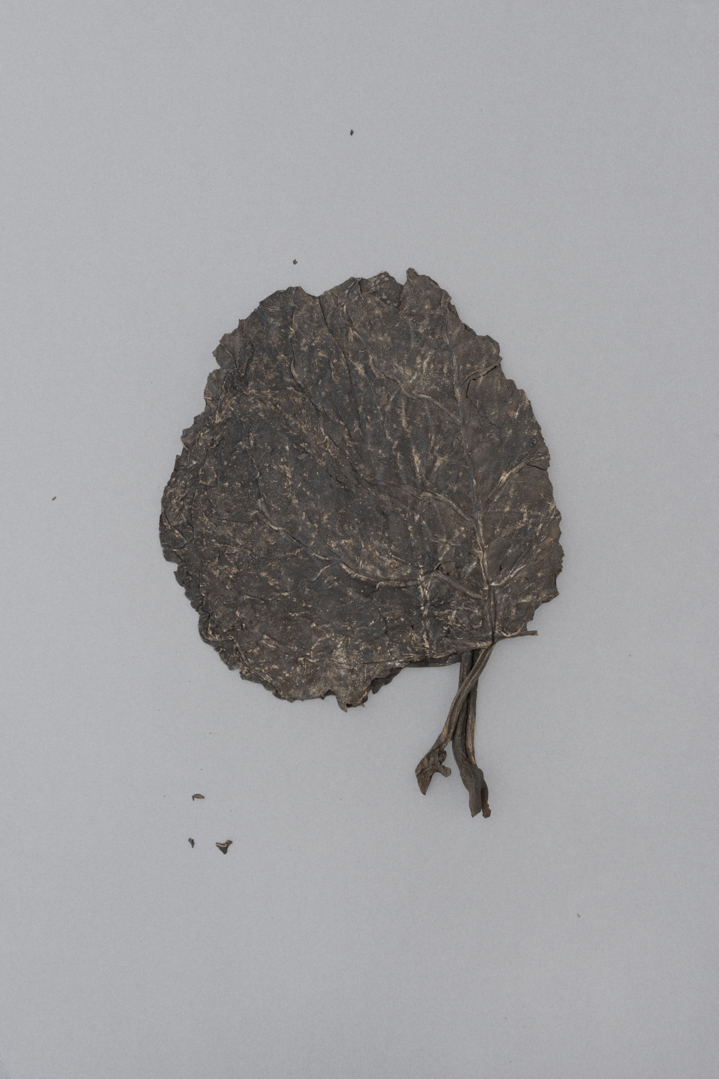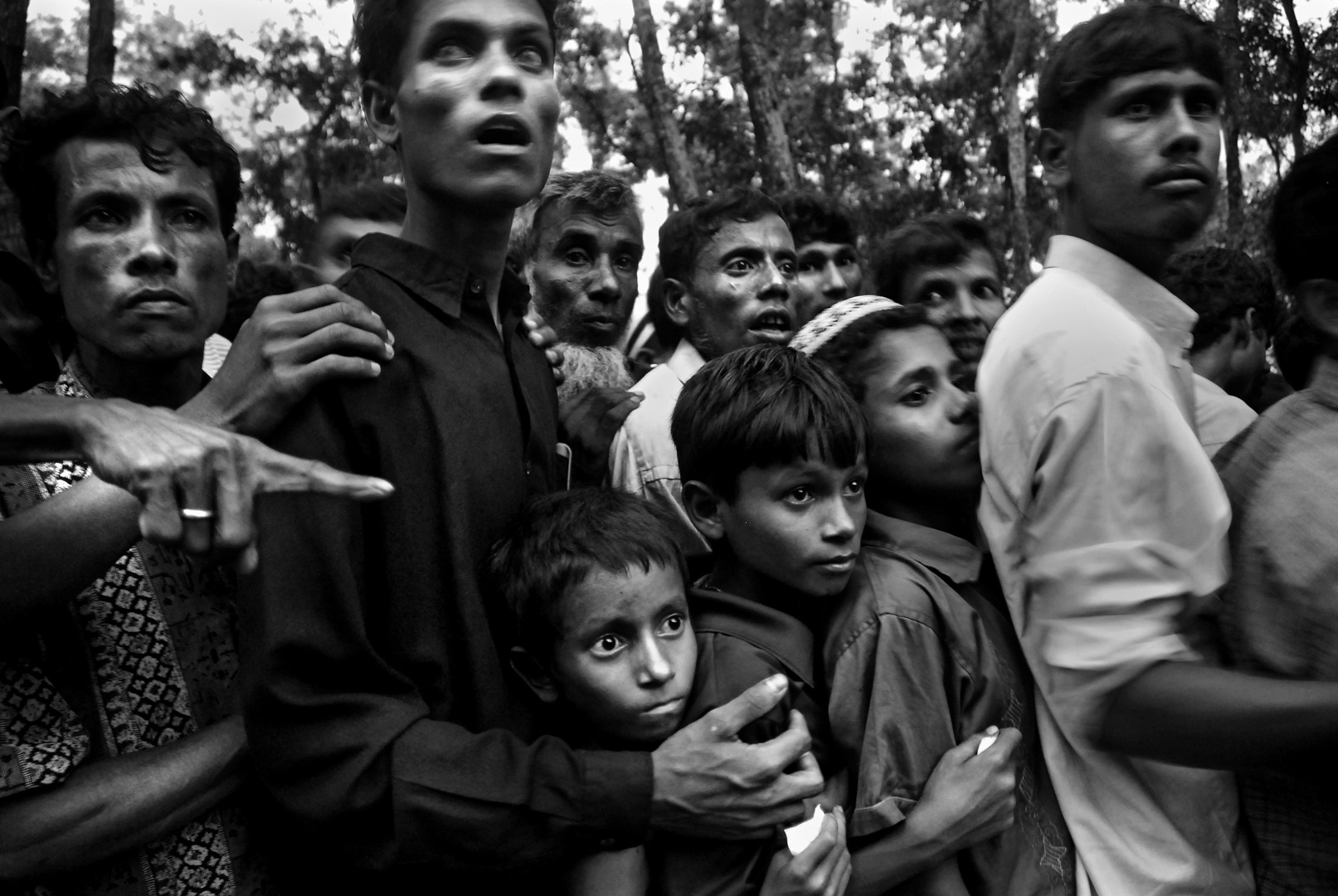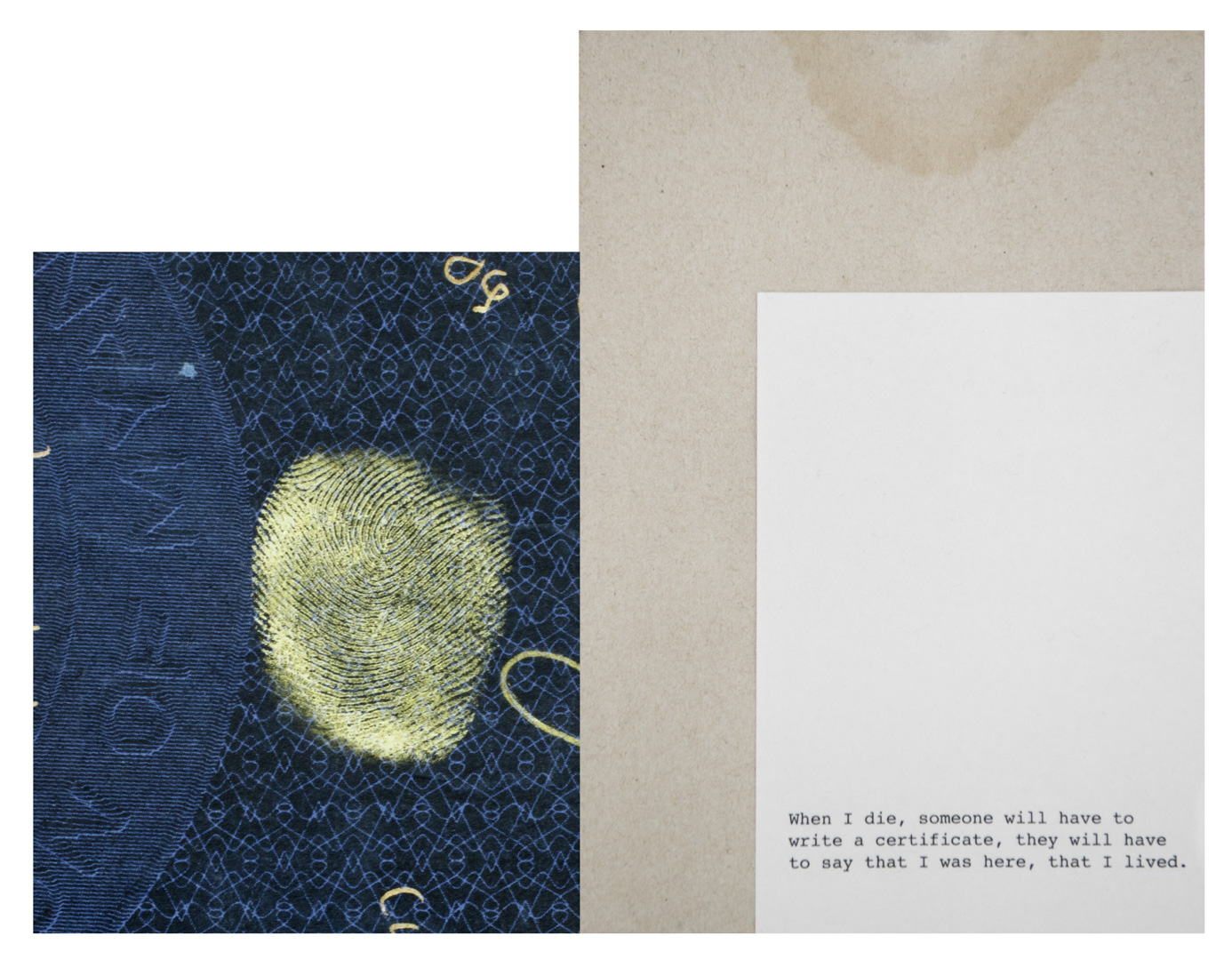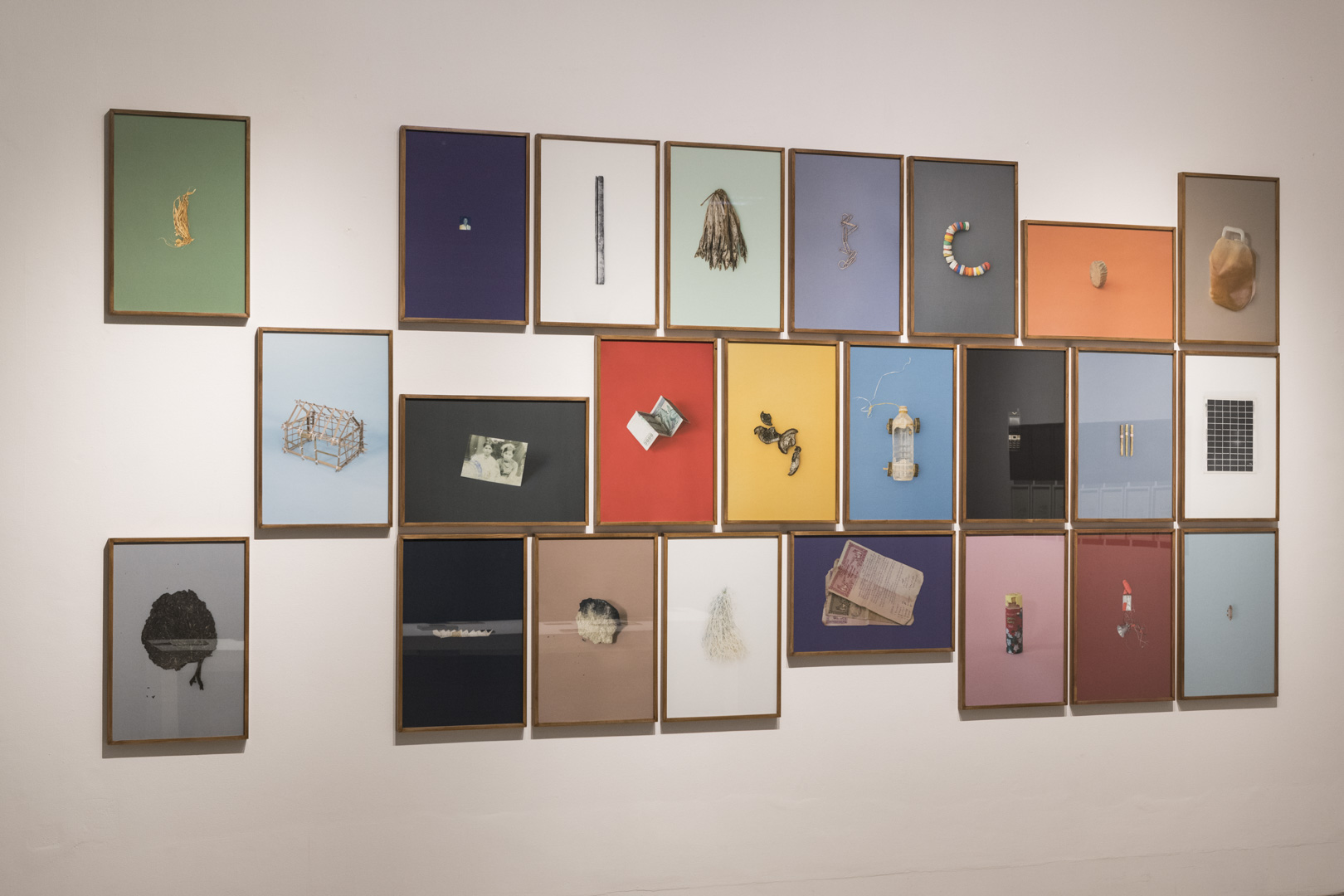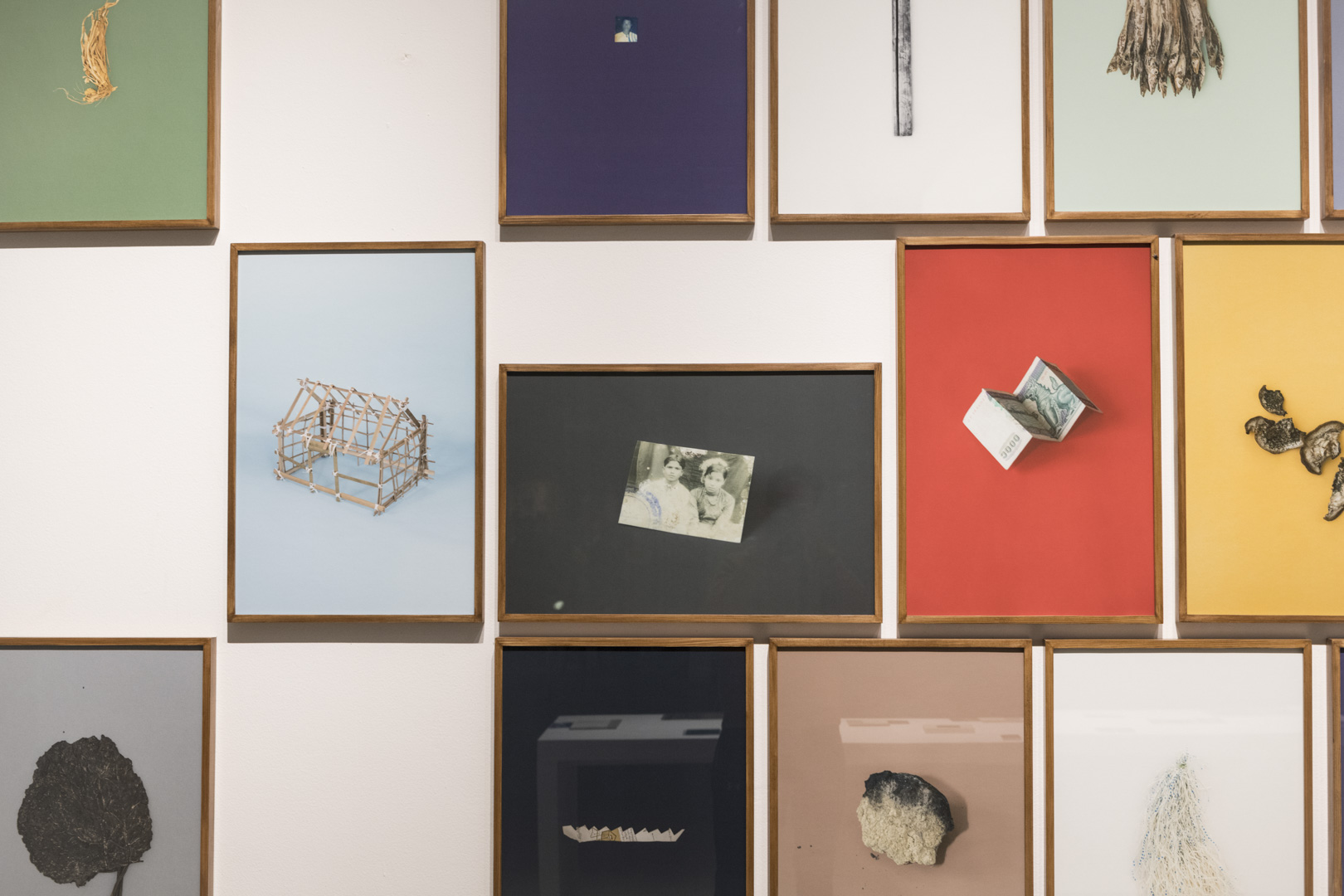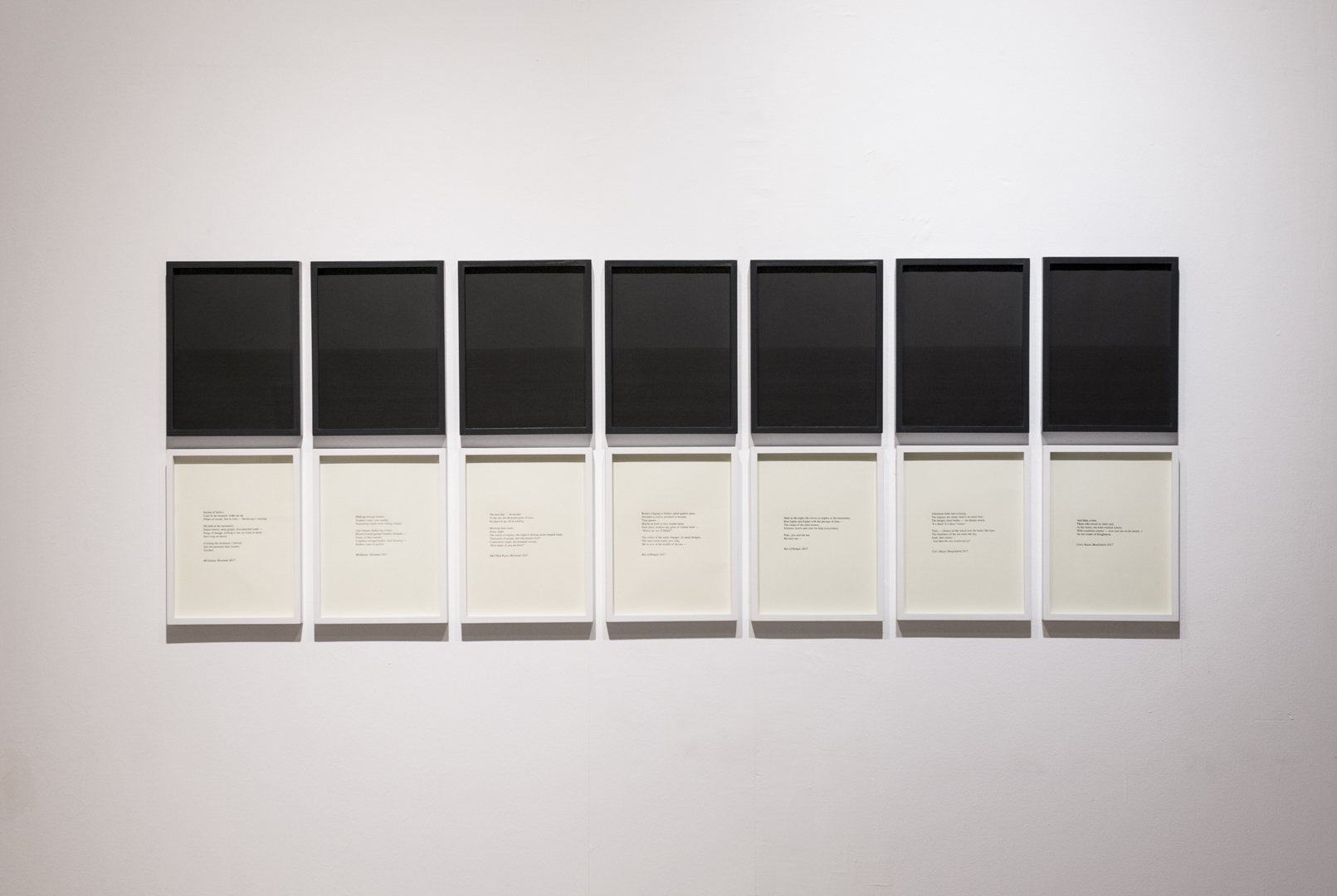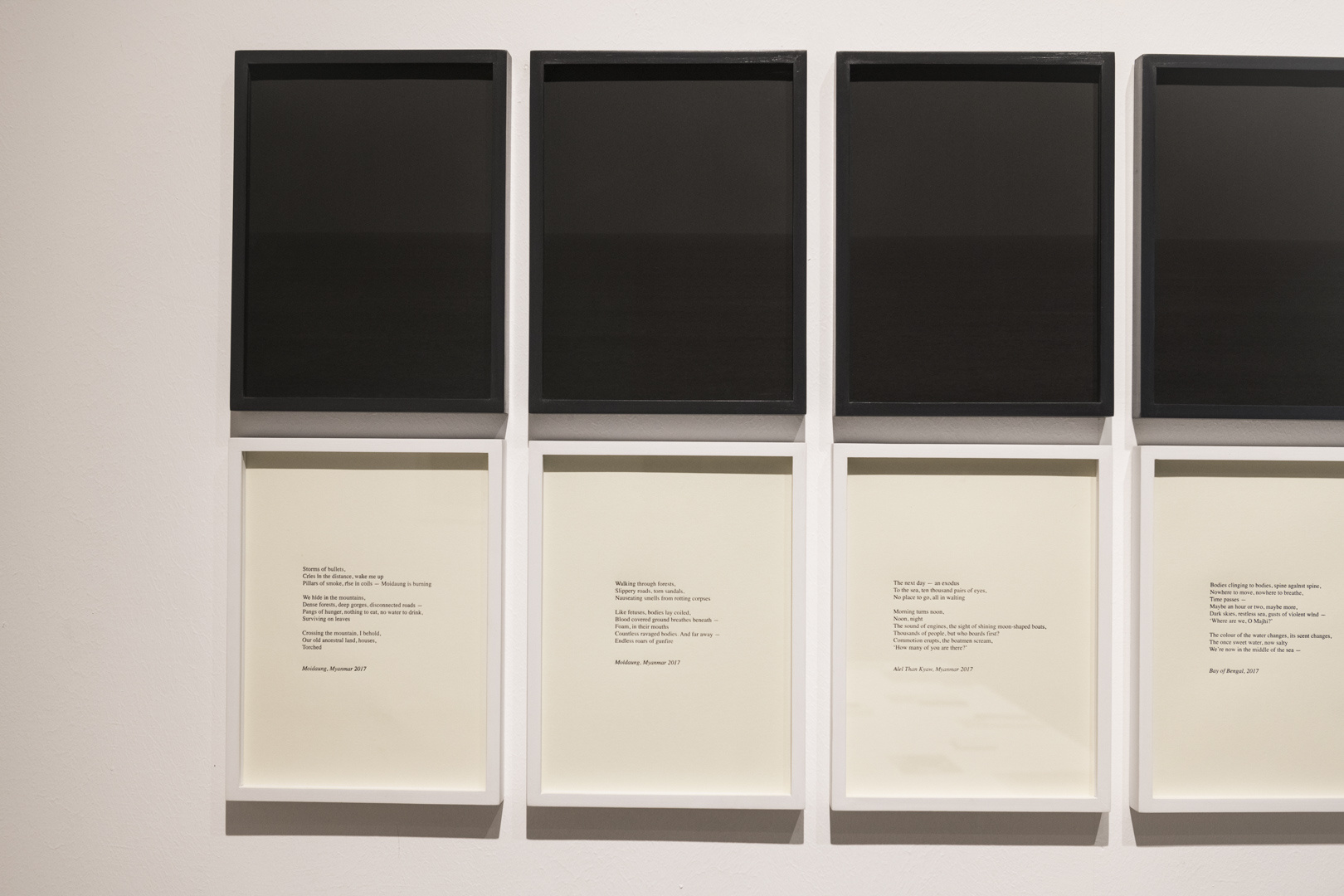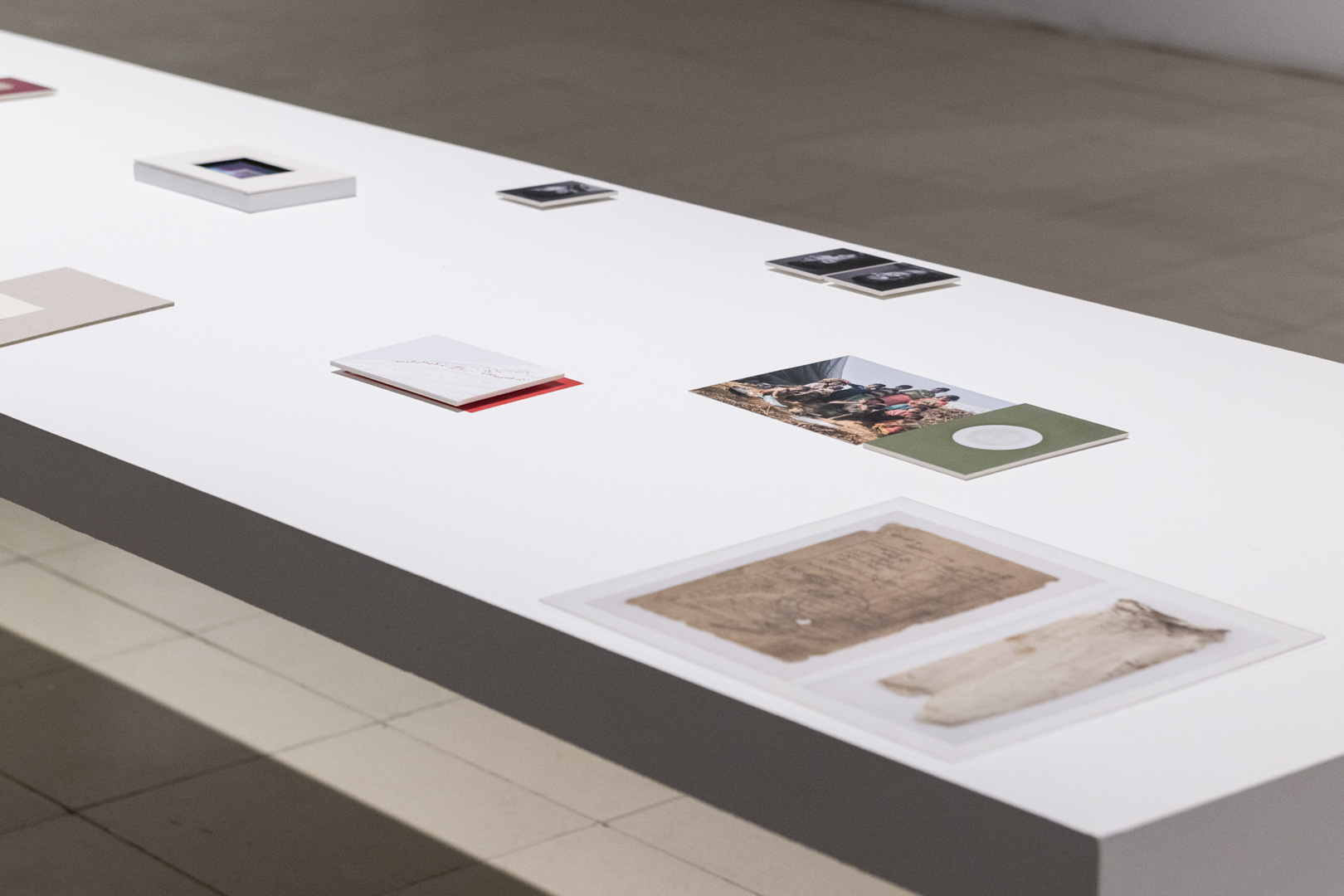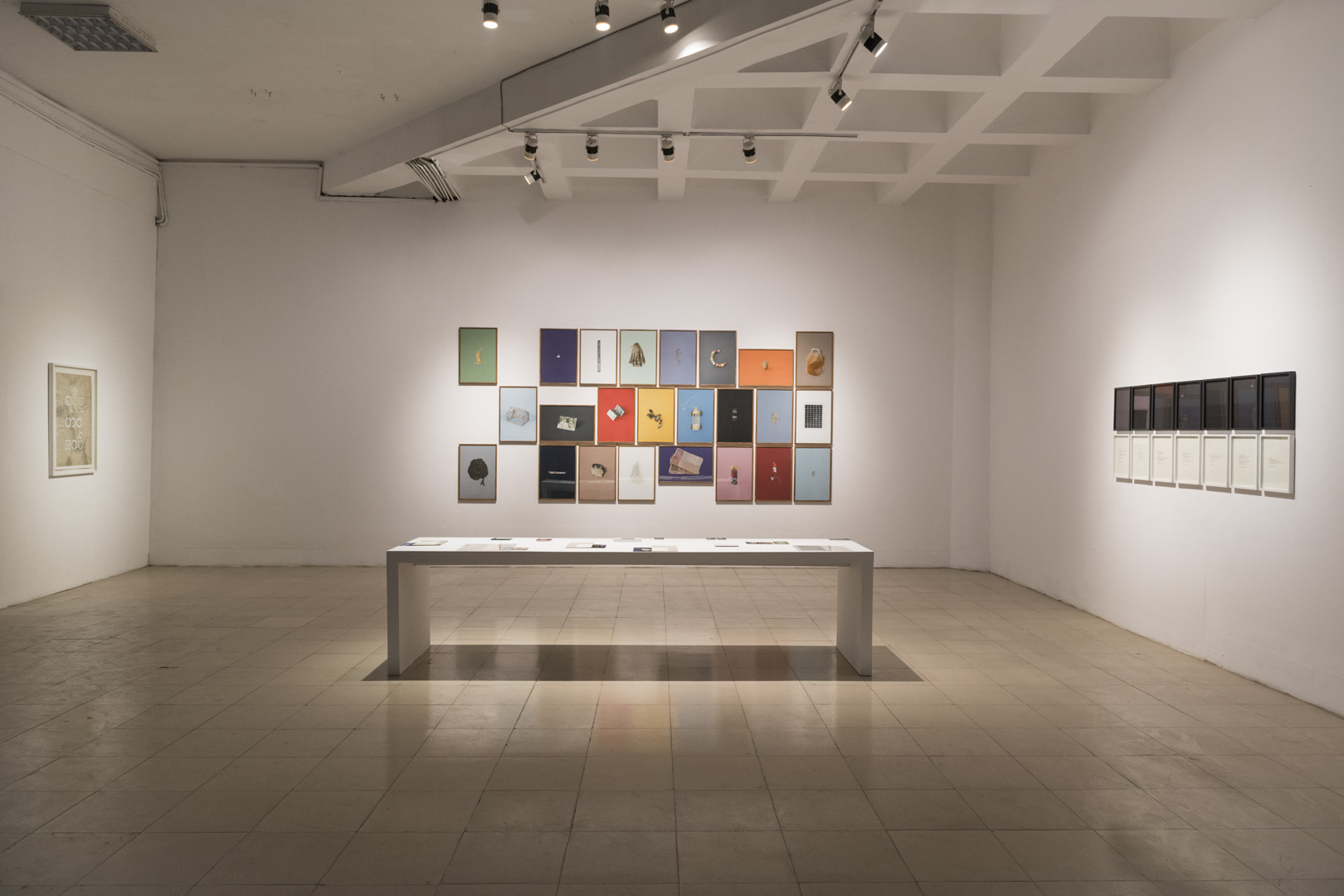Spring Song, 2019
Munem Wasif constantly explores the idea of border and re-examines the questions around its formation. How these borders constructed? Who constructs them? How are they broken and re-formed?
Munem Wasif began visiting Rohingya refugee camps on the Myanmar/Bangladesh border in 2009. The size of the camps has grown exponentially since the violent incidents beginning in 2017 that caused hundreds of thousands of refugees to flee into Bangladesh. The artist is unable to type the word “Rohingya” correctly because his computer lacks Burmese language programming; in Myanmar the word “Rohingya” is expunged from official discourse in favour of the term “Bengali.” Silkscreened onto a British colonial map, the distorted typography of the word “Rohingya” hints to Myanmar’s denial of the existence of this ethnic group which has been living within its borders for generations.
“Dark Water”– is a series of black and white photographs which seems innocuous at first: dark, featureless masses of water – the empty ocean at its most ordinary form, a stark reminder of what Rohingyas have gone through to escape a mass execution. Recalling harrowing details, Wasif juxtaposes texts with images to reveal the refugees’ escape at sea. The works reflects constant flow of migration in Bay of Bengal, where lines of borders are lost in the shades of night.
What can you hold onto when running away to save your life? How can you be, belong, or settle when nobody accepts you as a citizen? How do you legally prove your very existence after decades of systemic violence? Spring Song (2017-2019) is a work in progress that revolves around objects found in the camps. Placed against vivid monochromatic backgrounds, these precarious assemblages, decaying documents, and faded photographs convey fragmented memories and feelings of displacement. These objects are the testament of determination; a will to eat, to play or to simply reminisce one’s past –in other words, to feel to be human.
